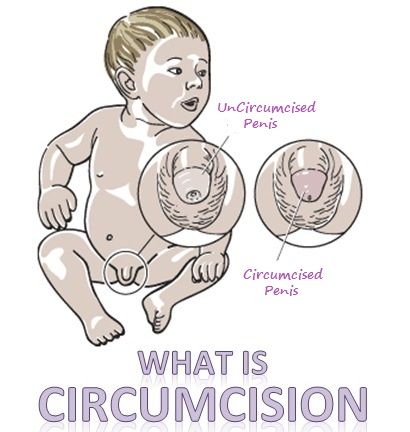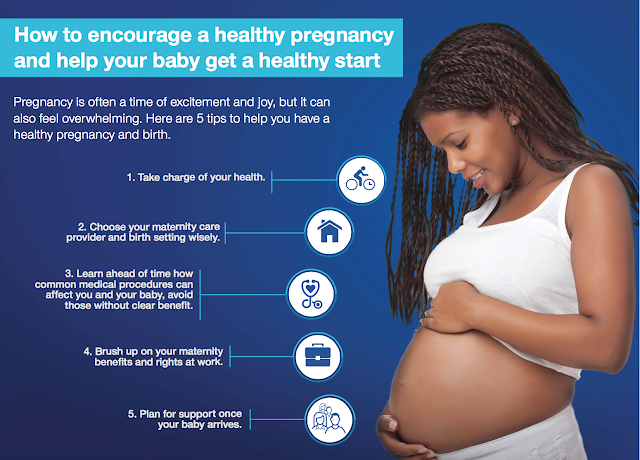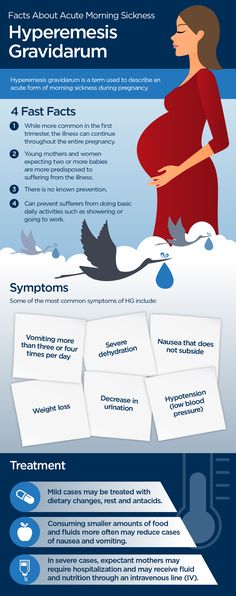Diet chart at pregnancy
Indian Pregnancy Diet Plan For Women
A healthy, well-balanced diet in pregnancy is essential for the well-being of the mother-to-be and her baby. This is because whatever the female consumes during pregnancy is the main source of nutrition for the baby. A mother-to-be’s diet should contain a variety of healthy foods like fruits, vegetables, and proteins to provide the important nutrients and nourishment a baby requires for growth and development. When it comes to eating healthy in pregnancy, deciding which foods are the most beneficial for you and your baby’s health can be challenging.
Wondering, what to eat during pregnancy. Below mentioned is the pregnancy food list that has all the necessary nutrients needed for your baby's proper growth.
Indian Diet Chart And Meal Plan For Pregnancy
| Week Days | Pre Breakfast Snack | Morning Breakfast | Mid Morning Snack | Lunch | Evening Snack | Dinner |
| Day 1 | 8-12 pieces of dry fruits including cashew nuts, almonds, and raisins. | Moongdal chilla-3 +pudina/coconut chutney-2 tsp | Blueberry shake (1 cup) | 1.5 cup Mutton biryani + Cucumber onion Raita (½ cup) | Sweet potato salad (cooked with 200 gms of sweet potato, 1 pinch of chat masala, and 1 tsp lemon juice) + light tea (1 cup) | Wheat dosa 3 + ½ cup bitter gourd sabji |
| Day 2 | Homemade fruit juice with strawberries, pomegranate, guava, or oranges (1 glass) | Wheat dosa-4 + Tomato sabji (½ cup) | Vegetable soup made with brocolli and garlic (1 bowl) | 1.5 cup rice + 1 piece of chicken + 1 cup broccoli sabji | Mixed fruit salad made of mangoes, bananas, and berries of your choice (1 medium-sized plate) | Moongdal chilla-3 +pudina/coconut chutney-2 tsp |
| Day 3 | Banana milkshake (1 glass) | Veggie-rich sevai or upma (1 cup) + 2 medium-sized parathas | Kaddu ka soup or pumpkin soup (1 bowl) | 1. | 10-14 pieces of dry fruits | Multigrain toast (2 in no.) with two sunny side up eggs |
| Day 4 | Carrot juice (1 glass) | Oatmeal (1 cup) + 2 boiled eggs | Banana milkshake (1 glass) | 1.5 cup rice, 1 piece mutton + 1 bowl masoor daal | Mixed fruit salad made of mangoes, bananas, and berries of your choice (1 medium-sized plate) | Veggie-rich poha (1 cup) + 2 moong dal chillas |
| Day 5 | 1 plain glass of milk | Veggie-rich poha (1 cup) + 2 moong dal chillas | Tamatar or tomato soup (1 bowl) | 1.5 cup chicken biryani + cucumber onion raita (½ cup) | Vegetable salad (1 plate) made with carrots, cucumber, and onions | Multigrain toast (2 in no.) with two sunny side up eggs |
| Day 6 | Banana milkshake (1 glass) | Oatmeal (1 cup) + 2 boiled eggs | Kaddu or pumpkin soup (1 bowl) | 1. | 10-14 pieces of dry fruits including cashew nuts, almonds, and raisins | Wheat dosa-4 + Tomato sabji (½ cup) |
| Day 7 | 1 plain glass of milk | Veggie-rich sevai or upma (1 cup) + 2 medium-sized parathas | Peach milkshake (1 glass) | 1.5 cup vegetable khichdi + 1 piece chicken + 1 small bowl of dahi | 1 medium-sized avocado with 1 spoon of peanut butter | Veggie-rich poha (1 cup) + 2 moong dal chillas |
Foods And Beverages To Eat During Pregnancy
- Dairy Products: Dairy products are rich in various nutrients like calcium and vitamins that support the baby’s development.
- Legumes: Legumes are rich in plant-based nutrients providing protein, fibre, iron, folate, and calcium, all of which are needed more during pregnancy.
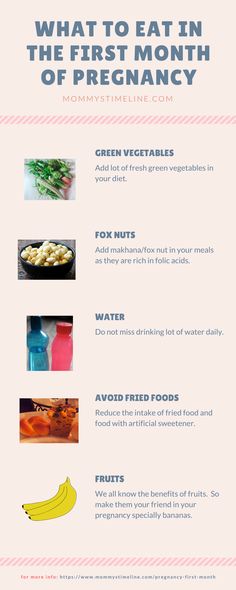
- Sweet Potatoes: Sweet potatoes are high in a vitamin called beta carotene, essential for healthy fetal development.
- Salmon: Salmon is rich in an omega-3 fatty acid called docosahexaenoic acid (DHA), which is deficient in pregnancy and, therefore, needs to be supplemented.
- Eggs: Eggs are an excellent source of protein. They provide amino acids that the baby needs for development. Additionally, they contain more than a dozen beneficial vitamins and minerals, including choline.
- Broccoli and dark, leafy greens: Dark, leafy greens like broccoli are rich in vitamins A, C, B6, K, folate, and antioxidants. So, they ensure a good haemoglobin supply, promote healthy bones, and prevent skin problems.
- Lean meat and proteins: Lean meat is an excellent source of good-quality protein, which is beneficial for health during pregnancy.
- Berries: Berries contain a good amount of water, healthy carbohydrates, vitamin C, and fibres.
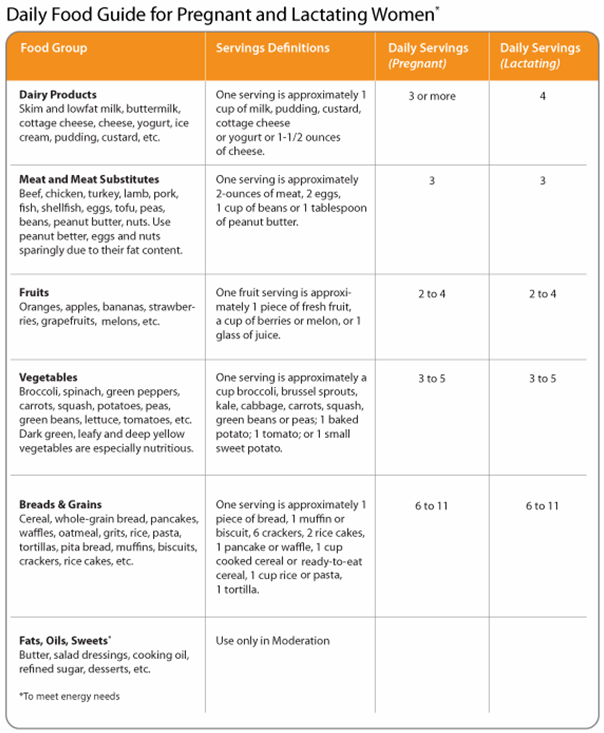 In addition, they may help increase your nutrient and water intake.
In addition, they may help increase your nutrient and water intake. - Whole grains: Whole grains are rich in minerals and vitamin B that the growing fetus needs to develop in almost every part of its body.
- Avocados: Avocados are high in many nutrients, including vitamin C, folate, and magnesium, all of which play a critical role in the baby's development.
- Dry fruits: Dry fruits are high in calcium, potassium, and zinc. Being rich in fibre, they help prevent constipation in pregnancy.
- Fish liver oil: Fish liver oils are rich in omega-3 fatty acids, the healthiest forms of fat. They reduce the chances of preterm delivery.
- Water: Drinking at least 8-11 glasses of water daily during pregnancy is essential. It helps in better digestion and maintains the protective fluid called amniotic fluid around the fetus.
Food And Beverages To Avoid During Pregnancy
- High mercury fish: Consuming high mercury fish causes the substance (mercury) to accumulate in your bloodstream over a period of time.
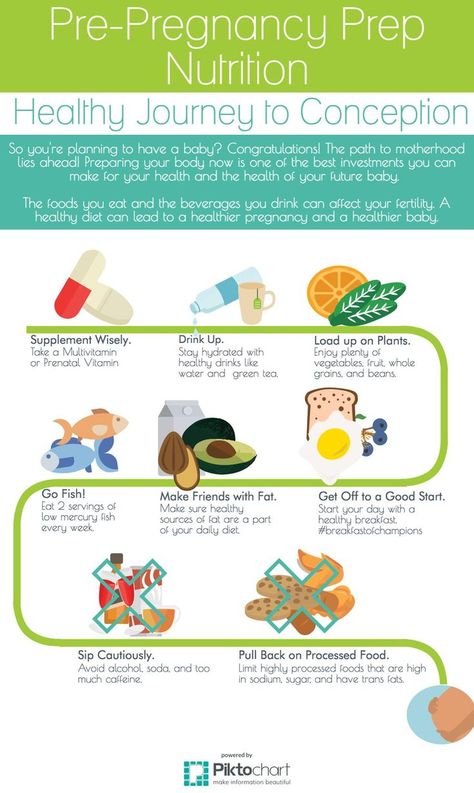 Excess mercury in the bloodstream could damage the baby’s developing nervous system and brain.
Excess mercury in the bloodstream could damage the baby’s developing nervous system and brain. - Undercooked or raw fish: Raw fish is more likely to contain parasites, bacteria, or microorganisms than fully cooked fish. You do not want to expose your baby to those!
- Undercooked, raw, and processed meat: Processed meat is likely to contain listeria bacteria which can cause food poisoning and vomiting in pregnant females. Raw and undercooked meat is also likely to carry microorganisms, including bacteria that can give rise to sickness.
- Raw eggs: Raw eggs should be avoided in pregnancy as those can be host to disease-causing bacteria called salmonella, which can cause food poisoning, vomiting, and diarrhoea.
- Organ meat: Organ meat contains vitamin A, excess of which can cause congenital malformations in the baby and even miscarriage, especially in the first trimester of pregnancy.
- Caffeine: Caffeine is a stimulant that tends to increase your heart rate and blood pressure, both of which are detrimental in pregnancy.
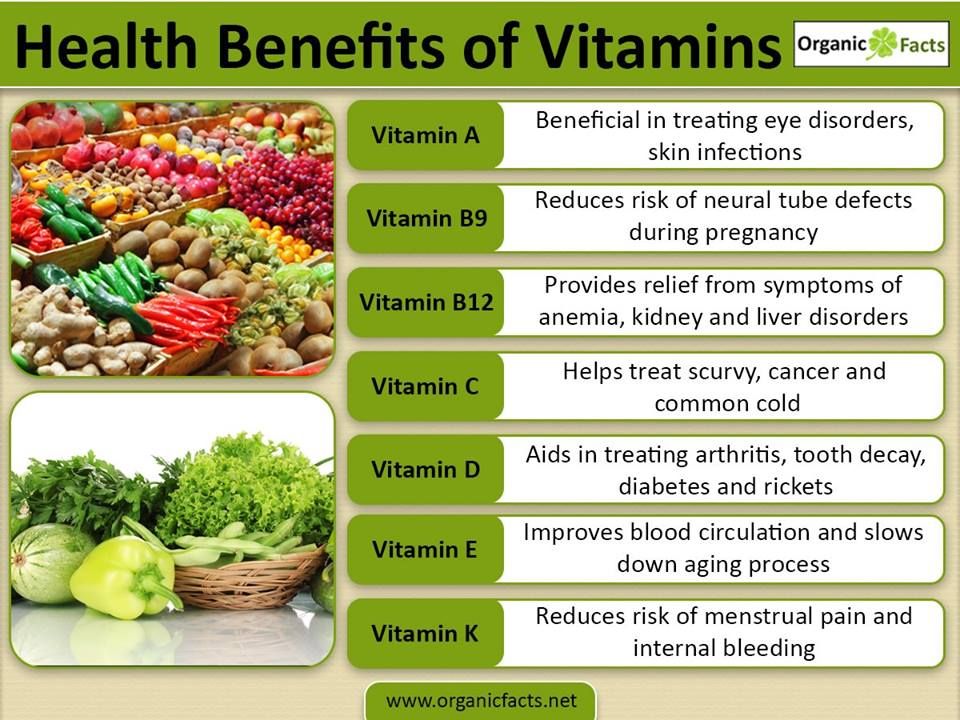 Also, caffeine can cross the placenta, the barrier between you and your baby.
Also, caffeine can cross the placenta, the barrier between you and your baby. - Raw sprouts: Raw sprouts flourish in warm and humid conditions, which are ideal for the growth of bacteria (like Salmonella and E. coli). So, consuming raw sprouts can make you sick.
- Unwashed produce: Consuming unwashed or contaminated food products in pregnancy can expose you to a harmful parasite called Toxoplasma gondii, which is abundant in undercooked meat and unwashed vegetables.
- Unpasteurized milk, cheese, and fruit juice: Raw, unpasteurized milk may contain bacteria like E.coli, Listeria, and Campylobacter jejuni, which can give rise to foodborne illnesses.
- Alcohol: Alcohol consumption in the first trimester of pregnancy can cause structural defects in the baby; that is, the baby may have abnormal facial features.
- Processed junk foods: Consuming processed junk foods during pregnancy can increase the amount of a toxic substance called acrylamide in the mother's body, which is harmful to the baby.
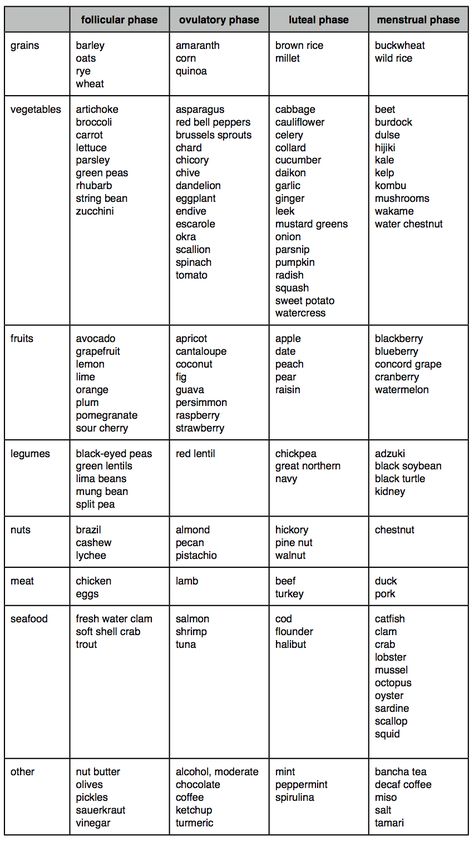 This Indian diet plan for pregnancy may or may not suit everyone. In case of food allergies and complications, we can plan a personalized diet chart This Indian diet plan for pregnancy may or may not suit everyone. In case of food allergies and complications, we can plan a personalized diet chart.
This Indian diet plan for pregnancy may or may not suit everyone. In case of food allergies and complications, we can plan a personalized diet chart This Indian diet plan for pregnancy may or may not suit everyone. In case of food allergies and complications, we can plan a personalized diet chart.
Conclusion
Eating a healthy, well-balanced diet during pregnancy is essential for the growing baby as it is just waiting to slurp up all those nutritious meals you consume. There are a whole lot of nutritious foods that you can eat to ensure your baby is safe and healthy. Follow the diet chart above and keep your gynaecologist informed about your eating choices so that they can guide you with additional supplements if needed. Enjoy a healthy, well-nourished pregnancy!
Frequently Asked Questions
1. What should I eat in the first month of pregnancy?
In the first month of pregnancy, it is good to eat vitamin B6-rich foods like nuts, salmon, and bananas.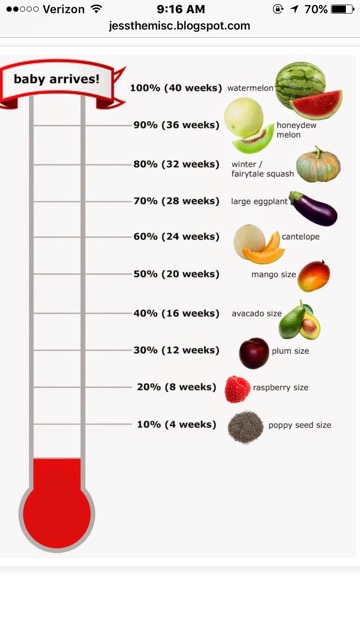
2. How many calories do mothers-to-be need in a day?
Pregnant women need 300 extra calories a day. So, anywhere between 2200 calories and 2900 calories would be good.
3. What to eat or drink if I suffer from morning sickness?
Electrolyte drinks, water, and ginger ale can be consumed to help relieve the symptoms of morning sickness.
4. Is rice good for pregnancy?
It is okay to consume rice in moderate amounts during pregnancy. Rice contains resistant starch, which facilitates the growth of healthy bacteria in the stomach, ensuring healthy bowel movements.
5. What foods help the baby grow in the womb?
Foods rich in protein, such as eggs, well-cooked seafood, lean meat, and poultry products, help the baby grow in the womb.
6. Which biscuit is good during pregnancy?
Any type of biscuit made from whole grain or whole wheat can be consumed during pregnancy.
7. How can I improve my baby's brain during pregnancy?
-
Eat a healthy and well-balanced diet
-
Stay fit and active
-
Take your supplements regularly
-
Gently massage your tummy for a few minutes every day
-
Keep your thyroid levels in check
8.
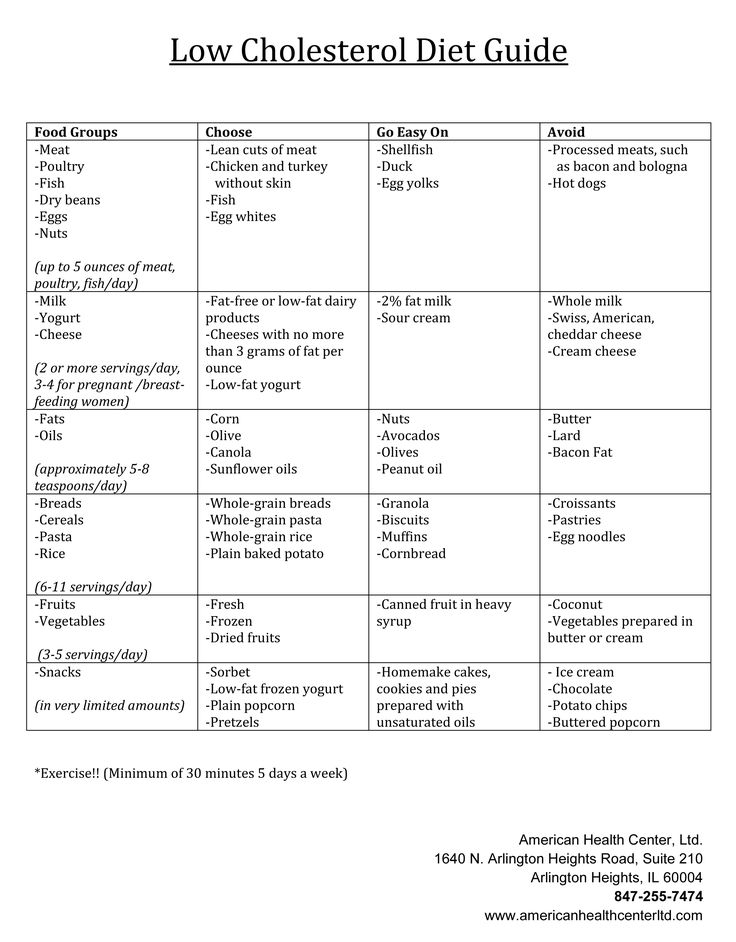 Are seasonal fruits good for pregnancy?
Are seasonal fruits good for pregnancy?Yes. Pregnancy is a time when you can enjoy local and seasonal fruits. Fruits are rich in vitamins, minerals, and fibre. They keep your energy levels up and are good for your hair and skin health during pregnancy.
9. Which vegetables are good for pregnancy?
Broccoli, lettuce, spinach, tomatoes, carrots, and bitter gourd are some vegetables that are good for pregnancy.
A Pregnant Woman's Daily Diet
Written by Elizabeth Somer, MA, RD
At no other time in life is nutrition as important as before, during, and following pregnancy. On the other hand, women can still eat foods that come in a box or a bag, eat out several times a week, or order pizza to go as long as they also follow a few simple eating-for-two dietary guidelines.
A Pregnant Woman Should Include in Their Daily Diet at Least:
- Five servings of fresh fruits and vegetables (including at least one serving of a dark orange vegetable, two servings of dark green leafy vegetables, and one serving of citrus fruit)
- Six servings of enriched, whole-grain breads and cereals.
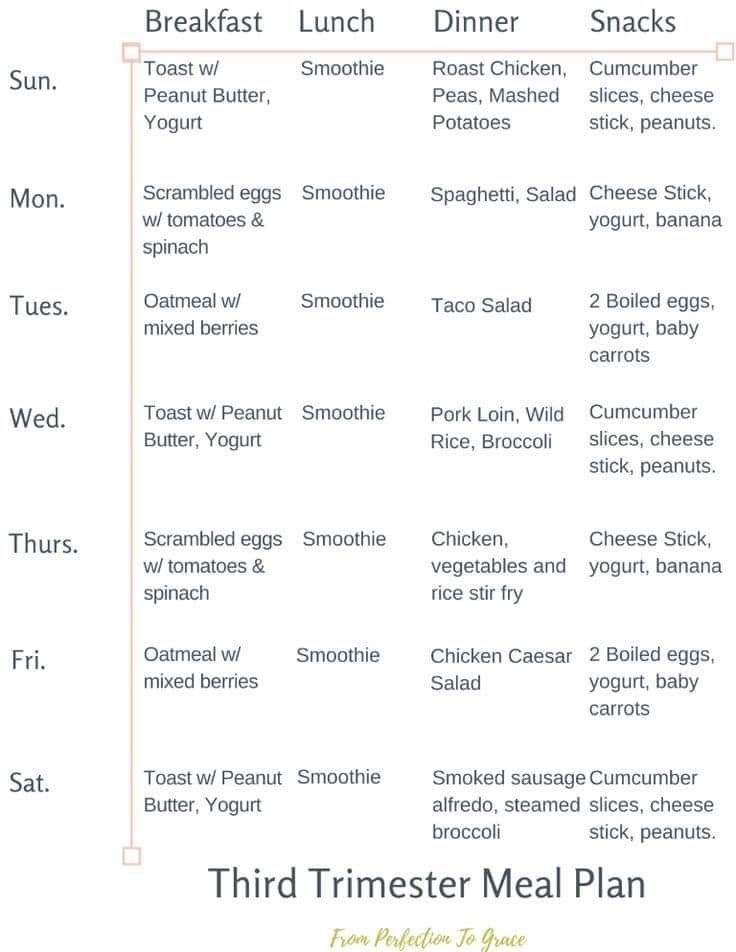 Three servings of nonfat or low-fat milk or milk products
Three servings of nonfat or low-fat milk or milk products - Two to three servings of extra-lean meats, chicken without the skin, fish, or cooked dried beans and peas
- Eight glasses of water
The guidelines for eating well for a healthy pregnancy are simple and easy to follow. When, where, and how much they eat is flexible, and often is governed by necessity. A pregnant woman in their first trimester might choose a snack for breakfast and a large evening meal if they suffer from morning sickness, but select a larger breakfast and a light evening meal in the last trimester when heartburn is more of a problem. Avoid or limit caffeine (such as coffee, tea, and colas) and avoid alcohol and tobacco. Since no safe limit has been established for alcohol, abstinence is a woman's best bet.
A Weighty Issue
If a woman does not gain enough weight, their baby also won't gain enough weight, which places the newborn at high risk for health problems.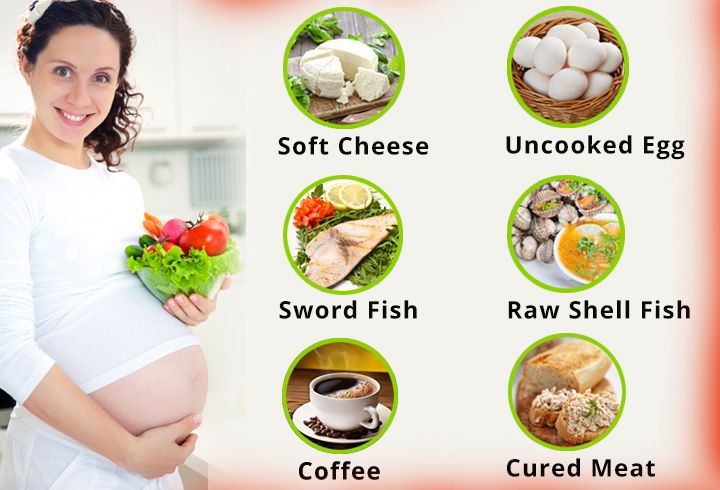 Optimal weight gains of 25 to 35 pounds in a slender woman helps ensure a healthy-sized baby. Underweight women should gain more weight, or approximately 28 to 40 pounds. Overweight women should not attempt to use pregnancy as a way to use up extra body fat, since stored body fat is not the stuff from which babies are made. A modest weight gain of between 12 to 25 pounds is recommended for these women.
Optimal weight gains of 25 to 35 pounds in a slender woman helps ensure a healthy-sized baby. Underweight women should gain more weight, or approximately 28 to 40 pounds. Overweight women should not attempt to use pregnancy as a way to use up extra body fat, since stored body fat is not the stuff from which babies are made. A modest weight gain of between 12 to 25 pounds is recommended for these women.
Further weight gain beyond recommended amounts will not make bigger or healthier babies. It will make regaining a desirable figure more difficult after delivery. The secret is to pace the gain, with weight gain increasing from very little in the first trimester to as much as a pound a week in the last two months of pregnancy.
Folic Acid: It's a Must
Nutrition experts agree that the best place for the mother-to-be to get all the essential nutrients, including ample amounts of vitamins and minerals, is from their diet. The trick is getting enough.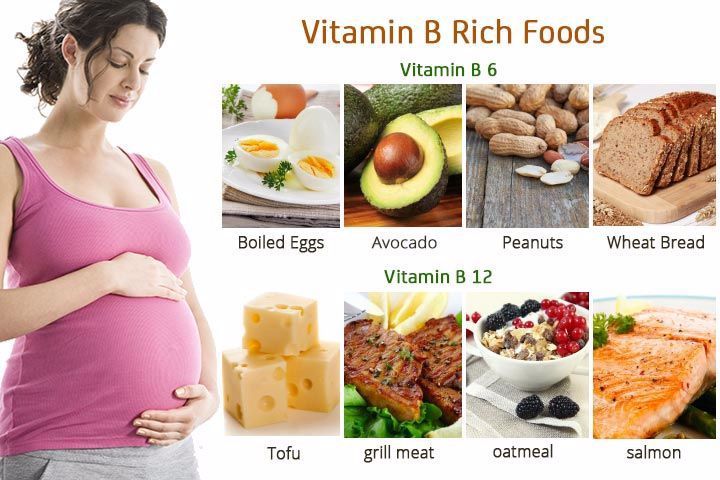 For example, the MRC Vitamin Study at the Medical College of St. Bartholomew's Hospital in London found that women taking folic acid supplements around conception had significantly lower risks for giving birth to babies with neural tube defects (NTD), a type of birth defect where the embryonic neural tube that forms the future brain and spinal column fails to close properly.
For example, the MRC Vitamin Study at the Medical College of St. Bartholomew's Hospital in London found that women taking folic acid supplements around conception had significantly lower risks for giving birth to babies with neural tube defects (NTD), a type of birth defect where the embryonic neural tube that forms the future brain and spinal column fails to close properly.
Luckily, in 1996 the U.S. Food and Drug Administration (FDA) issued a regulation requiring that all enriched grain products, including breads and pasta, be supplemented with folic acid. Every woman during the childbearing years should make sure they get at least 400 micrograms of folic acid from food or supplements.
The Post-Pregnancy Diet
Whether a woman breastfeeds or not, the secret to post-pregnancy nutrition is to gradually regain a desirable figure, while maintaining or restocking nutrient stores. In addition, since some babies are planned and others are surprises, it's never too late to start nourishing the next baby by continuing to eat a diet based on fresh fruits and vegetables, nonfat milk products, whole grains, and protein-rich beans and meats.
Diet for pregnant women for weight loss
While expecting a baby, a woman experiences not only hormonal and physical changes in her body. It is important for her to rebuild some eating habits in favor of more correct ones. When carrying a fetus, the consumption of valuable vitamins and trace elements increases, so you need to replenish their reserves all the time. Let's talk about what a pregnant woman's diet can be and how to make nutrition complete.
Website editor nine0003
Tags:
diets
protein diet
diet table
How to lose weight during pregnancy
Diet for pregnant women
If you follow the rules of nutrition during pregnancy, the diet will keep the weight normal and will not harm the baby. Here are the basic principles of the diet for expectant mothers and draw up an approximate menu. nine0003
Here are the basic principles of the diet for expectant mothers and draw up an approximate menu. nine0003
Contents of the article
Diet during pregnancy must solve a large number of problems. First, you need to provide your body and the developing body of the child with all the necessary substances. Secondly, to minimize the symptoms of toxicosis, reduce the burden on the liver and stomach. And, thirdly, to avoid excessive weight gain in the expectant mother. We tell you what a safe diet for pregnant women consists of for weight loss.
Is it safe to lose weight during pregnancy? nine0026
Pregnant women are generally not advised to lose weight or follow a strict diet during pregnancy. But as part of a balanced diet, the expectant mother can safely lose a few pounds during the first trimester. The main thing is to stick to a healthy diet and avoid fatty and sugary foods. Only in this case, after giving birth, you will quickly return to your previous shape.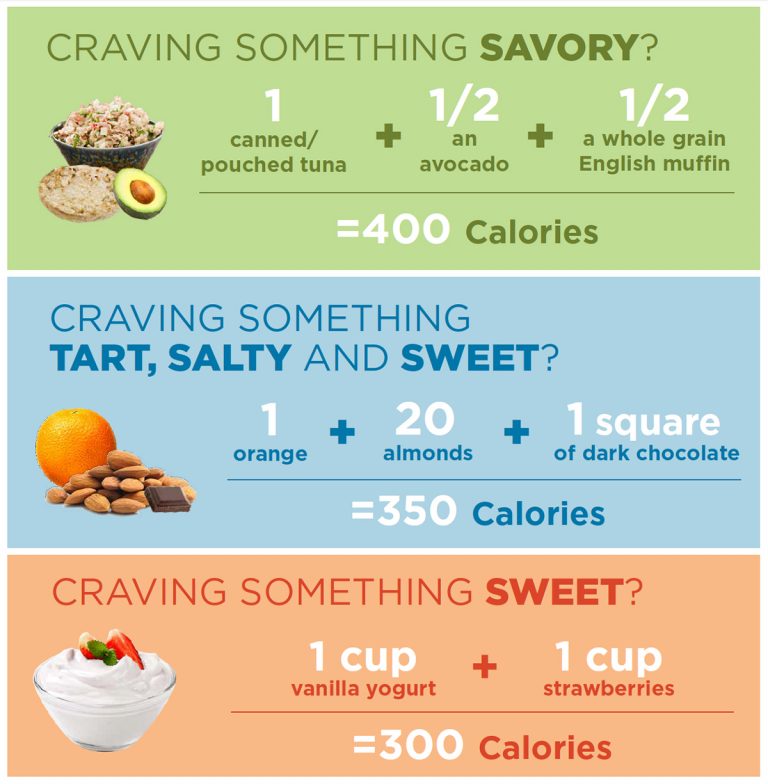
Diet for pregnant women - general recommendations
There is a diet for pregnant women for the 1st, 2nd and 3rd trimesters to reduce weight, but due to the competent construction of the diet, and not a complete rejection of food. We will talk about the nutritional features at each stage of fetal development. However, there are general rules that should be observed during the entire course of pregnancy. nine0003
- Eat 5-6 times a day in small portions.
- The last meal should be no later than 3 hours before bedtime.
- Avoid alcohol, fried, smoked, coffee and fast food.
- Consume a diet predominantly of fruits, nuts, vegetable broths, cereals, lean fish.
- Take vitamin complexes.
Pregnancy Diet - 1st Trimester
In the first trimester of pregnancy, the fetus is formed from the embryo, the brain and internal organs begin to develop. During this period, you need to approach the preparation of the diet most seriously. nine0003
During this period, you need to approach the preparation of the diet most seriously. nine0003
The body of the future mother should receive enough protein and folic acid. And a diet for pregnant women should take into account such important points. These substances are rich in foods such as lean meat and eggs, legumes, lettuce, whole grain bread, cheese, cottage cheese, celery, cabbage, liver, apples.
Diet menu for the 1st trimester of pregnancy
Our great-grandmothers' favorite saying that it's time to eat for two should encourage you to eat better, better, not more. Adjust your diet so as not to harm yourself or your child. In the early stages, a diet for pregnant women is especially important, so be sure to consult a doctor. He will be able to suggest which products to add and which should be excluded. nine0003
Monday
- Breakfast: buckwheat with yogurt, apple juice with celery.
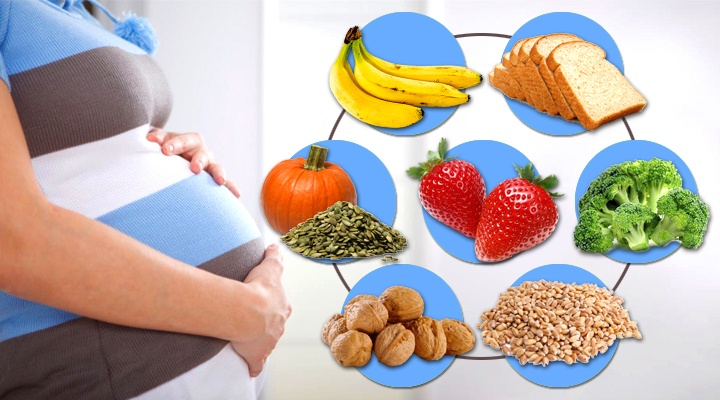
- Second breakfast: cottage cheese.
- Lunch: vegetable soup, wholemeal bread.
- Afternoon snack: peach.
- Dinner: salad with salmon and avocado.
- Late dinner: berry juice.
Tuesday
- Breakfast: cottage cheese with berries, tea.
- Second breakfast: dry biscuits, freshly squeezed juice.
- Lunch: pumpkin puree soup. nine0038
- Snack: apples.
- Dinner: steamed turkey meatball.
- Late dinner: yogurt.
Wednesday
- Breakfast: oatmeal with milk.
- Second breakfast: bread with butter.
- Lunch: fish soup.
- Snack: cottage cheese with low-fat sour cream.
- Dinner: liver, buckwheat.
- Late dinner: seaweed salad.
Thursday
- Breakfast: sugar-free granola with milk.
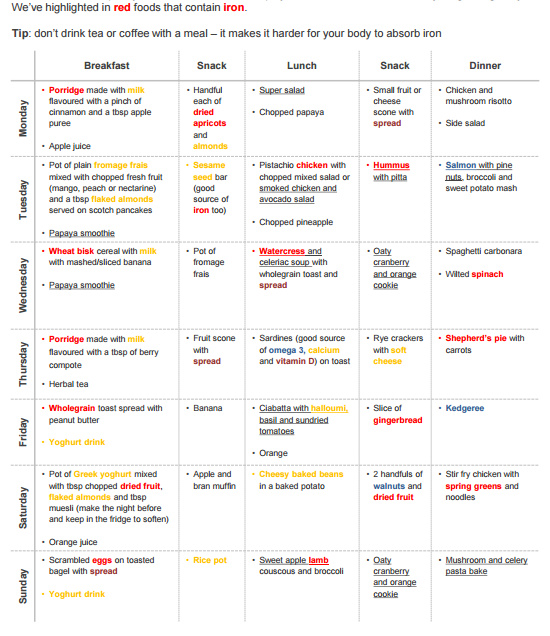 nine0038
nine0038 - Second breakfast: yogurt.
- Lunch: weak meat broth with egg.
- Snack: vegetable salad.
- Dinner: stewed cabbage, rice.
- Late dinner: fruit drink.
Friday
- Breakfast: bread with tomatoes and cream cheese.
- Second breakfast: pear.
- Lunch: pasta with meat hedgehog.
- Snack: almonds.
- Dinner: baked potatoes with herbs and butter.
- Before going to bed: herbal tea, fermented baked milk. nine0038
Saturday
- Breakfast: cottage cheese pancakes 5%, green tea.
- Second breakfast: prunes.
- Lunch: chicken soup, bread.
- Snack: cabbage and carrot salad.
- Dinner: cucumber and tomato salad.
- Late dinner: a glass of milk.
Sunday
- Breakfast: millet porridge, juice.
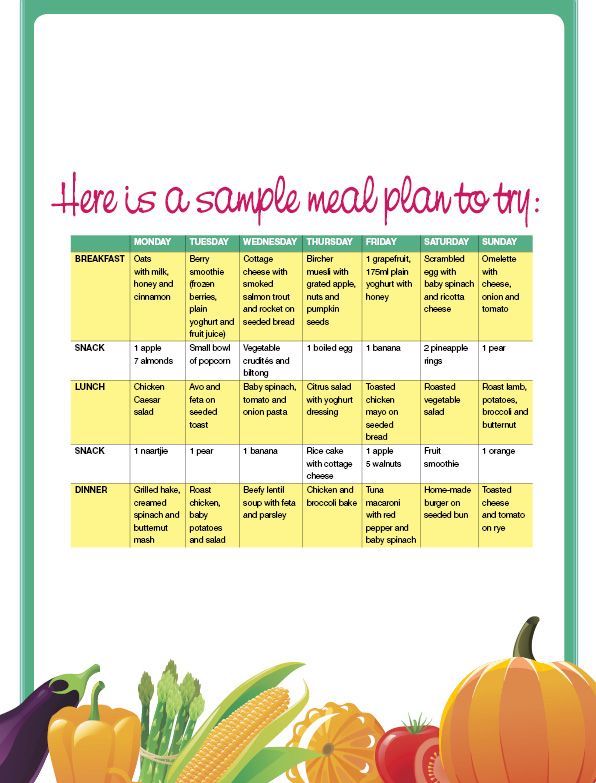
- Second breakfast: orange.
- Lunch: vegetable soup with tomatoes, peppers and Brussels sprouts. nine0038
- Snack: pear.
- Dinner: steamed fish cake and vegetables.
- Late dinner: kefir.
Diet for Pregnancy - 2nd Trimester
In the second trimester of pregnancy (from 13 to 28 weeks), pay attention to vitamin D and calcium (they are absorbed only in conjunction). Include dairy products, spinach, eggs, sea fish, cod liver, butter in your diet. Pregnant women may experience swelling, so the diet for every day should include a decrease in the amount of salt consumed. nine0003
Get into the habit of regular walks in the fresh air, even during the cold season. Consume potentially allergenic foods with caution: citrus fruits, red berries, nuts. In the second trimester, the load on the liver of a pregnant woman increases, so exclude fatty and fried foods.
Diet for pregnant women - 3rd trimester
During this period (from 28 weeks to the end of the 40th), the baby grows more actively than in the previous two.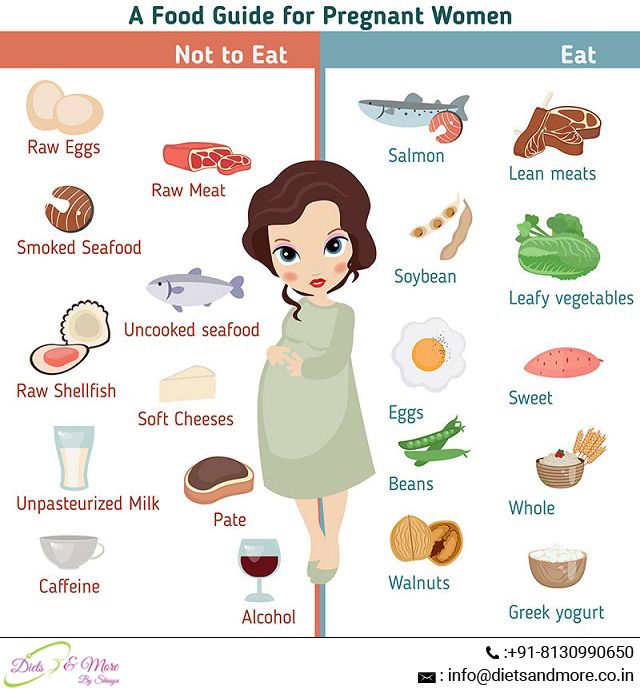 Mom puts on weight more noticeably, the body prepares for childbirth. The diet of a pregnant woman in the 3rd trimester involves a menu with a restriction of simple carbohydrates. This does not mean that the diet should be aimed at losing weight and losing weight. It's more about a balanced diet. nine0003
Mom puts on weight more noticeably, the body prepares for childbirth. The diet of a pregnant woman in the 3rd trimester involves a menu with a restriction of simple carbohydrates. This does not mean that the diet should be aimed at losing weight and losing weight. It's more about a balanced diet. nine0003
During pregnancy, strict restrictions should be avoided, and even more so, you should not starve yourself. Just like in the second trimester, watch your calcium intake. To exclude edema, fatigue and toxicosis, try to give up fatty meat.
Protein Diet for Pregnancy
Following the principles of this diet helps to return to its former shape almost immediately after childbirth. The protein diet for pregnant women is based on the main rule - the daily protein intake should be 120 grams. However, in addition to protein foods, a future mother can consume up to 400 grams of carbohydrates per day. nine0003
It is also important to consider what not to eat during pregnancy.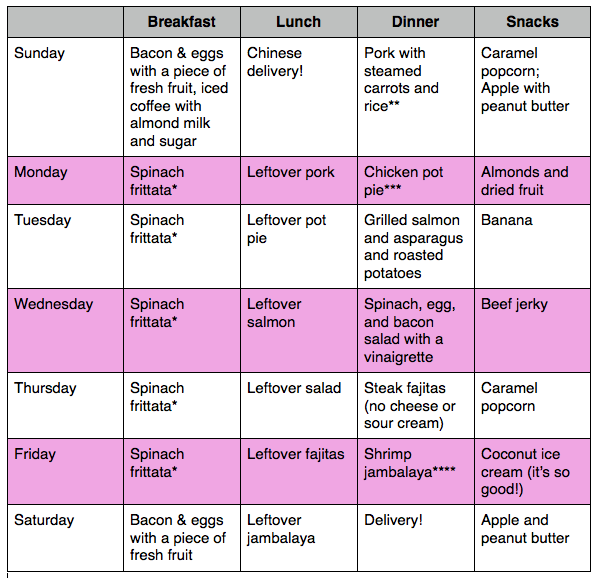 Banned are chocolates, cakes, sugar, white bread and fast food. There are other basic rules:
Banned are chocolates, cakes, sugar, white bread and fast food. There are other basic rules:
- Distribute food throughout the day. The optimal number of meals is 5 times a day. Five meals a day includes three main meals and two light snacks.
- Keep breaks between meals at 3.5 hours.
- Drink enough water per day, but in small portions during the day, not at night. nine0038
Benefits of a protein diet for pregnant women
- You eat a varied diet and don't feel hungry because protein takes a long time to digest.
- You eat enough protein, which is an important micronutrient for the body.
- You don't completely eliminate carbohydrates. The diet includes fruits, vegetables and grains. The only thing you cut out of your life is fast-digesting carbohydrates like white bread and sweets. Simple carbohydrates just negatively affect the digestion of pregnant women and lead to constipation.
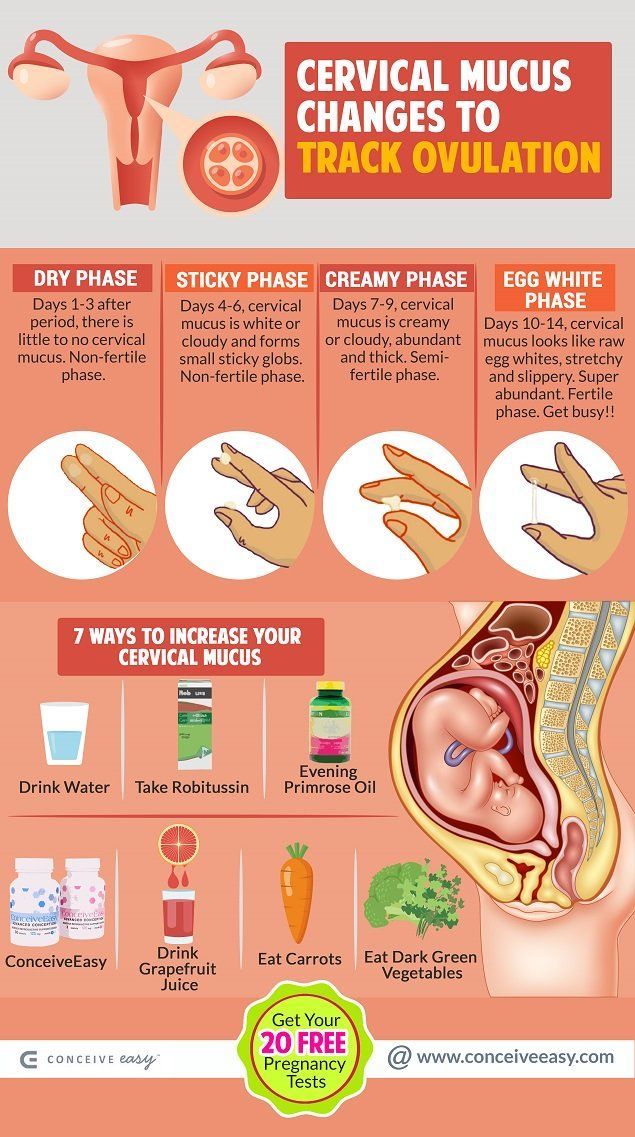 As a rule, these are empty calories with no nutritional value. nine0038
As a rule, these are empty calories with no nutritional value. nine0038
The cons of a protein diet for pregnant women for weight loss
- The protein diet may not suit you, as it does not adjust much depending on the trimester. Before starting a diet, you should consult a doctor.
- As part of the diet for pregnant women, general recommendations are given for each day, which you adhere to, missing individual indicators.
- Some sources state that in the first trimester it is necessary to consume 60-90 grams of protein per day, and from the 5th month of pregnancy - increase the daily rate to 120 grams. To determine the optimal amount, contact your doctor.
It should be noted that in excess of protein can overload the body and lead to undesirable consequences. It provokes increased work of the kidneys, necessary for the removal of their decay products. Lack of fiber and an excess of proteins - let it lead to stomach problems in the form of bloating, heaviness, heartburn, and so on.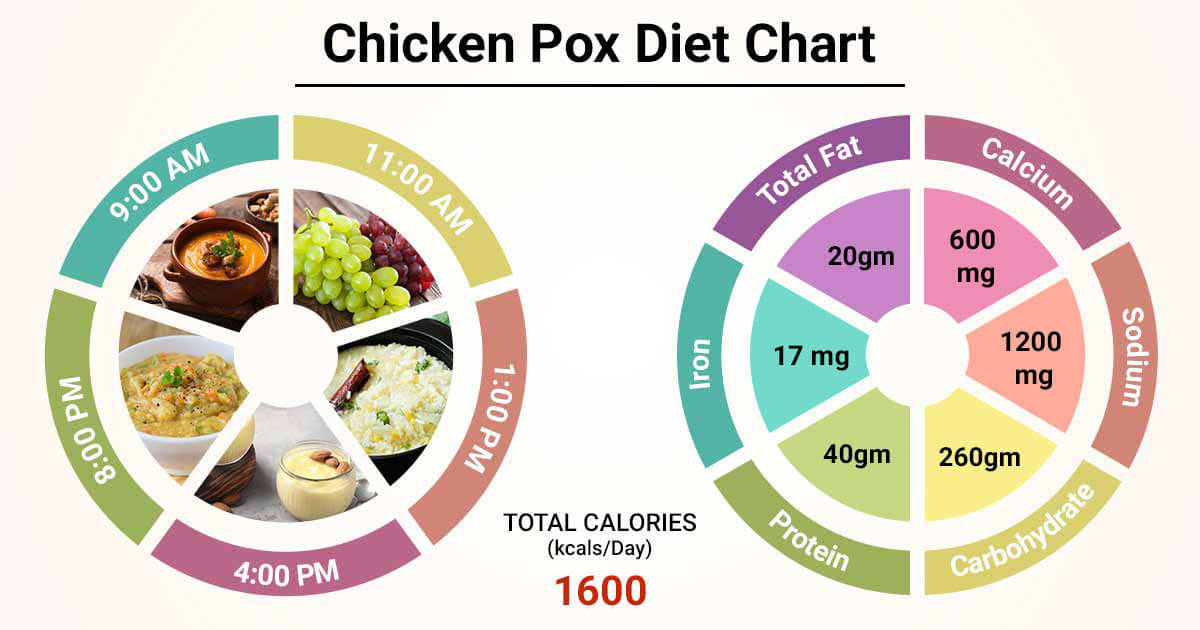
Daily protein diet menu for pregnant women - 1st trimester
- Breakfast: oatmeal and dried fruits (literally a few pieces) and rosehip broth.
- Snack: any fruit, medium-fat cottage cheese no more than 100 grams and 1 tablespoon of curdled milk.
- Lunch: chicken broth soup, steamed vegetables up to 200 grams and 1 piece of lean fish for a couple.
- Snack: natural yogurt (1 cup) and an apple.
- Dinner: Mixed vegetable omelette and a slice of whole grain bread.
Daily protein diet menu for pregnant women - 2nd trimester
- Breakfast: whole grain bread slice, hard boiled egg and green tea.
- Snack: 1 glass of fermented baked milk and a small banana.
- Lunch: broccoli soup, rice with chicken (200 grams), grated carrot salad with sour cream
- Snack: a handful of hazelnuts and 5 pieces of dried apricots.
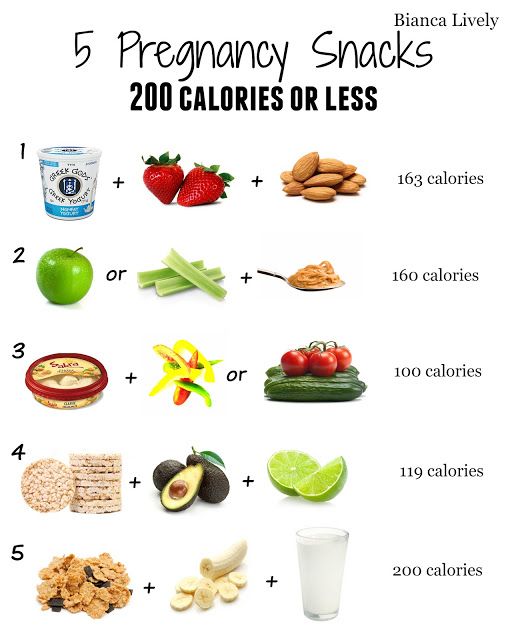
- Dinner: fresh vegetable salad and a handful of cottage cheese.
- Snack: a glass of low-fat yogurt.
Daily protein diet menu for pregnant women - 3rd trimester
- Breakfast: rice milk porridge with dried fruits, raisins and fruit drink.
- Snack: diet syrniki with oatmeal and pear.
- Lunch: fresh cabbage soup and grilled fish with vegetable stew (medium portions).
- Snack: 1 cup yogurt, a slice of whole grain bread, an apple.
- Dinner: fresh vegetable salad and steamed turkey with 50 grams of buckwheat.
- Snack: low-fat kefir 1 cup.
Diet number 9 for pregnant women
Diet (table) number 9 for pregnant women with diabetes provides for fractional meals with a break between meals of 2.5 hours. This mode will avoid spikes in blood sugar. One serving should not exceed 150 g. It is based on the recommendations of the Soviet gastroenterologist Pevzner.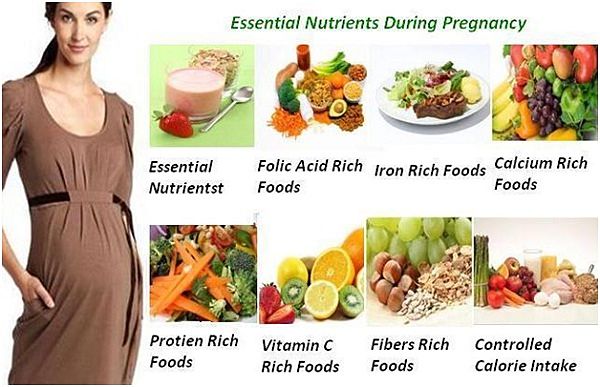
When following table number 9, it is necessary to limit the amount of carbohydrates to 200-300 g per day. Two meals should be rich in protein. The total caloric content of the diet should not exceed 2500 kcal. At its core, diet number 9for pregnant women with gestational diabetes is somewhat similar to the principle of nutrition, in which protein predominates. Gestational diabetes mellitus (GDM) manifests itself during the period of bearing a child and is limited by the duration of pregnancy, that is, sugar rises only in these months.
When following the Pregnancy Diet 9, sugar and simple carbohydrates should be excluded from the diet. Limit your intake of pasta, starchy vegetables and legumes, fried foods, fatty foods, smoked foods, and salt.
Diet table number 9in case of diabetes, pregnant women are obliged to exclude sugar and simple carbohydrates: even from 100 g of pasta, the glucose level can jump up to 8 units.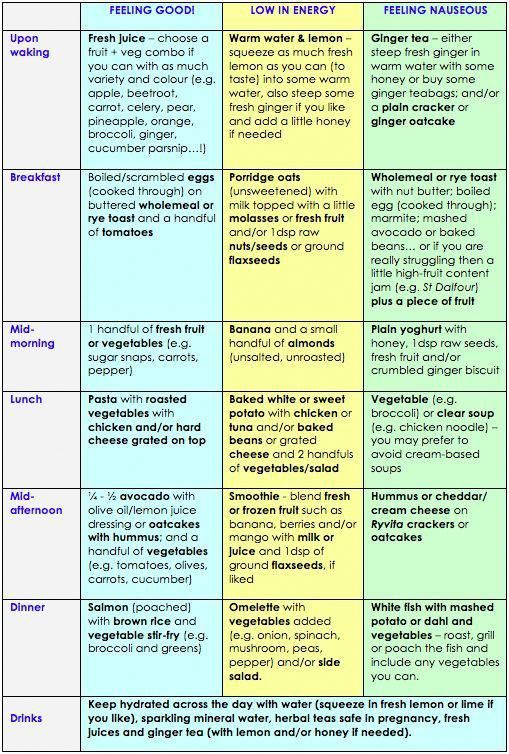 Now the woman's body is under tremendous stress: hormones block insulin, and the pancreas must produce more of it than in any other state.
Now the woman's body is under tremendous stress: hormones block insulin, and the pancreas must produce more of it than in any other state.
High blood sugar can affect both the mother's well-being and the baby's health. Diet table number 9 for gestational diabetes in pregnant women takes into account the preparation of a balanced menu that helps to cope with unpleasant symptoms. We recommend regular visits to the doctor during pregnancy so that he can track the dynamics of the baby's development and adjust therapeutic nutrition for diabetes. nine0003
It is not worth neglecting the doctor's recommendations, because diabetes during pregnancy can harm both the mother and the child. In rare cases, the disease can lead to miscarriage.
Diet table number 9 for GDM in pregnant women is also suitable for weight loss, because you control the amount of carbohydrates and reduce sugar in the diet. What do you need to know about the power plan? We share the basic principles of the 9th table.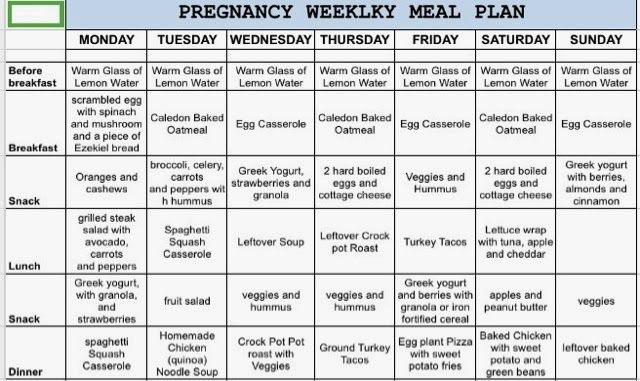
Keep a food diary
To lose weight and improve your health, you need to control the percentage of carbohydrates and sugar in the diet. The easiest way to do this is with a diary. Write down every meal regularly so that the doctor can adjust the menu based on the results of the tests. If the sugar level jumps sharply, the specialist will know what is the reason. nine0003
Control carbohydrates
Diet table number 9 for pregnant women is a menu for every day with a minimum amount of carbohydrate foods. If they are present, they should be evenly distributed throughout the day. This way you avoid sudden spikes in blood sugar after eating. Doctors recommend reducing portions to small and medium and do not forget about healthy snacks.
Bet on foods with a low glycemic index
A diet for high sugar in a pregnant woman necessarily includes foods that do not cause large drops in blood glucose levels.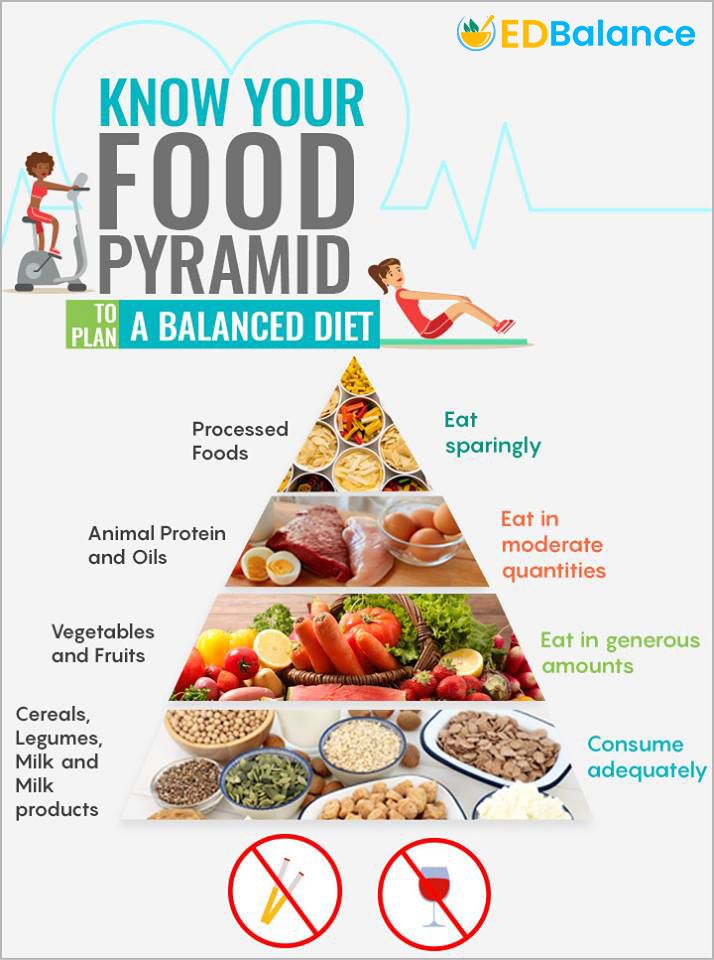 Choose healthy, low-GI carbohydrate foods such as vegetables, beans, low-fat dairy, berries, and whole grain snacks. nine0003
Choose healthy, low-GI carbohydrate foods such as vegetables, beans, low-fat dairy, berries, and whole grain snacks. nine0003
Include lean proteins such as tofu, chicken, fish, and eggs, as well as healthy fats in your diet. The list includes nuts, avocados and olive oil.
Keep yourself away from foods that are low in nutrients. Sweets, sugary drinks, ice cream and fast food - these foods are prohibited for diabetics. And no compromises, because you need to think not about momentary pleasures, but about the health of both of you.
In order for the diet table No. 9 for pregnant women to be suitable for weight loss (under the supervision of a doctor), you need to follow other important rules:
- Control your daily calories. It is calculated from the individual characteristics of the body (35 kcal per 1 kilogram of mother's weight), but does not exceed 2000 calories per day. Half of the diet is healthy carbohydrate meals, 20% is protein foods, and the rest is unsaturated fats.
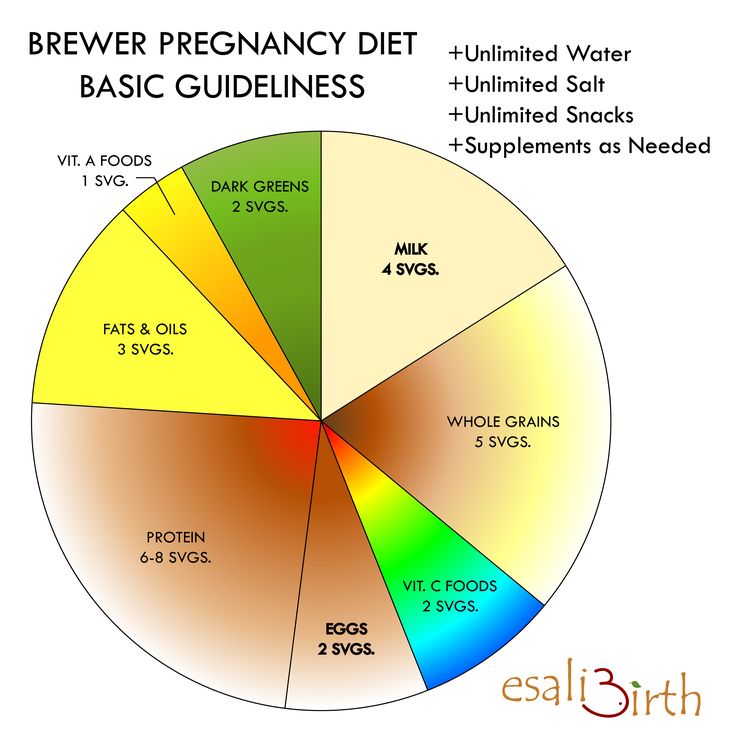
- Do not exceed the allowed daily allowance of salt - 12 grams.
- Drink the required amount of water, at least 2 liters.
- Eat small meals up to 6-7 times a day. Try to maintain a pause between meals at 2 hours. nine0038
- Replace sugar with sweeteners.
- Steam or simmer food. Fried foods are completely excluded. Meat and vegetables can be baked.
- Smoked and fried foods are prohibited.
- Priority is given to foods high in fiber.
If you are on a diet for pregnant women with diabetes and are overweight, be sure to keep an eye on the increase. Get on the scale every week and periodically take urine and blood tests. Of course, don't forget your home blood glucose meter. People with diabetes should definitely have a device in their first aid kit. nine0003
Diet 9 table for pregnant women - menu
Monday
- Breakfast: vegetable salad, porridge, boiled egg.

- Second breakfast: kissel.
- Lunch: liver with puree, chicken broth, juice.
- Afternoon snack: peach.
- Dinner: chicken breast, cabbage salad with carrots.
- Late dinner: curdled milk.
Tuesday
- Breakfast: cottage cheese, oatmeal, vegetable juice. nine0038
- Second breakfast: kefir.
- Lunch: boiled salmon, buckwheat, lean cabbage soup.
- Snack: apple.
- Dinner: boiled egg, vinaigrette.
- Late supper: fermented baked milk.
Wednesday
- Breakfast: chicory drink, yogurt, barley porridge.
- Second breakfast: milk.
- Lunch: baked turkey, vegetarian borscht, fruit.
- Snack: orange.
- Dinner: steamed fish cake, vegetables. nine0038
- Late dinner: kefir.
Thursday
- Breakfast: millet porridge, cottage cheese, tea.
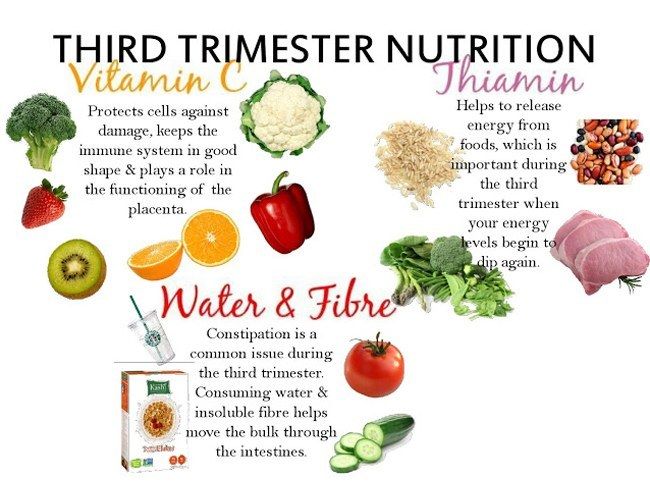
- Second breakfast: kefir.
- Lunch: boiled chicken, soup, compote.
- Snack: jelly.
- Dinner: cabbage rolls, boiled meat.
- Late dinner: curdled milk.
Friday
- Breakfast: boiled egg, vegetable salad.
- Second breakfast: vegetable juice.
- Lunch: boiled veal, stewed cabbage, soup. nine0038
- Snack: pear.
- Dinner: boiled fish, vegetable casserole.
- Late dinner: yogurt.
Saturday
- Breakfast: buckwheat porridge with yogurt.
- Second breakfast: kissel.
- Lunch: stewed rabbit, baked potatoes, fish soup.
- Snack: kefir.
- Dinner: barley, boiled fish.
- Late dinner: apple.
Sunday
- Breakfast: buckwheat, boiled egg. nine0038
- Second breakfast: an apple.

- Lunch: rice, steamed beef cutlets, mushroom soup.
- Afternoon snack: fermented baked milk.
- Dinner: mashed potatoes with fish, vegetables.
- Late dinner: curdled milk.
Consult your doctor regularly, do not hesitate to ask questions about pregnancy - there can be no trifles in such a topic. Try to follow a healthy lifestyle. Eliminate harmful foods from the diet and add healthy foods to the menu based on the recommendations of experts. nine0003
Diet for pregnant women to lose weight - nutritionist's advice: video
youtube
Click and watch
Proper nutrition during pregnancy and plays a major role in the development of the baby. Your doctor will help you create a complete menu based on your individual characteristics, but there are three simple rules that all pregnant women should follow. nine0003
RULE ONE
Eat healthy, balanced meals.
Have you been eating right for a long time? That's great, so you don't have to change much during pregnancy.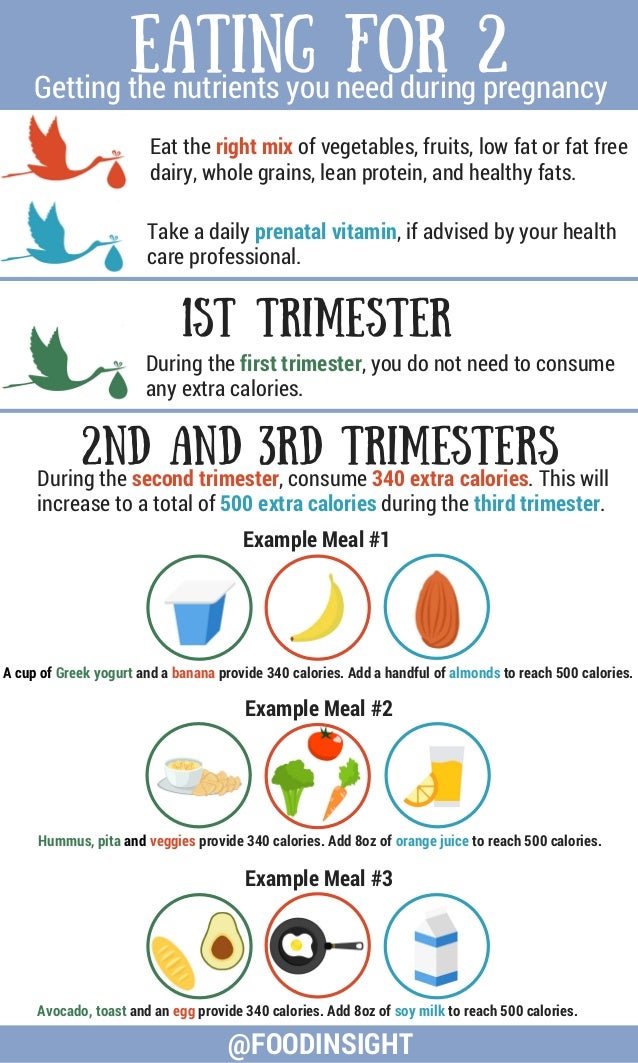 If in ordinary life you preferred sandwiches and cakes to fruits, then you will have to significantly reconsider your eating habits.
If in ordinary life you preferred sandwiches and cakes to fruits, then you will have to significantly reconsider your eating habits.
Include in your daily diet:
1) Fruits and vegetables - Wash them thoroughly. If blood tests show the absence of antibodies to toxolasma, then you should not eat raw fruits and vegetables. nine0003
2) Protein – Your developing organism constantly needs this building material. Remember to include fresh fish and lean meats in your menu every day.
3) Good carbs - Choose slow carbs that provide energy but don't spike your blood sugar. Instead of regular bread, buy whole grains, instead of sweets, indulge in dark chocolate (it is also rich in magnesium).
4) Dairy products - They are rich in calcium, which means they are indispensable for the formation of the child's skeleton. Try to consume dairy products at least 2-3 times a day. nine0003
5) Lipids - These important substances are involved in the formation of cell membranes and the nervous system.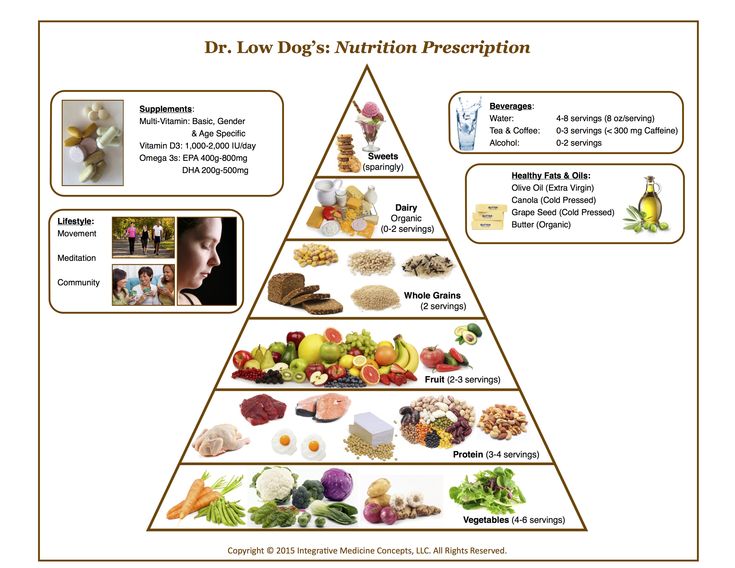 Fish, such as salmon and cod, contain essential Omega-3 fatty acids that our body cannot synthesize on its own.
Fish, such as salmon and cod, contain essential Omega-3 fatty acids that our body cannot synthesize on its own.
6) Water - It never hurts to repeat that water affects all processes in the human body. During pregnancy, doctors recommend drinking at least one and a half liters of water. The level of fluid in the body can be tracked by the color of the urine. If it is not light and not transparent, then you should drink more water. If possible, buy mineral water rich in calcium and magnesium. nine0003
RULE TWO
Do not eat for two.
The common myth that during pregnancy you need to eat for two is far from the truth. Yes, of course, now you need more calories, but the female body is programmed to raise a baby and does this using rich internal resources. In fact, overeating harms not only your figure and well-being, but also the embryo that is forming in your stomach.
1) Eat at least three meals a day. If you skip a meal, the next time the prudent brain will give a signal to put aside some fat reserves for a rainy day.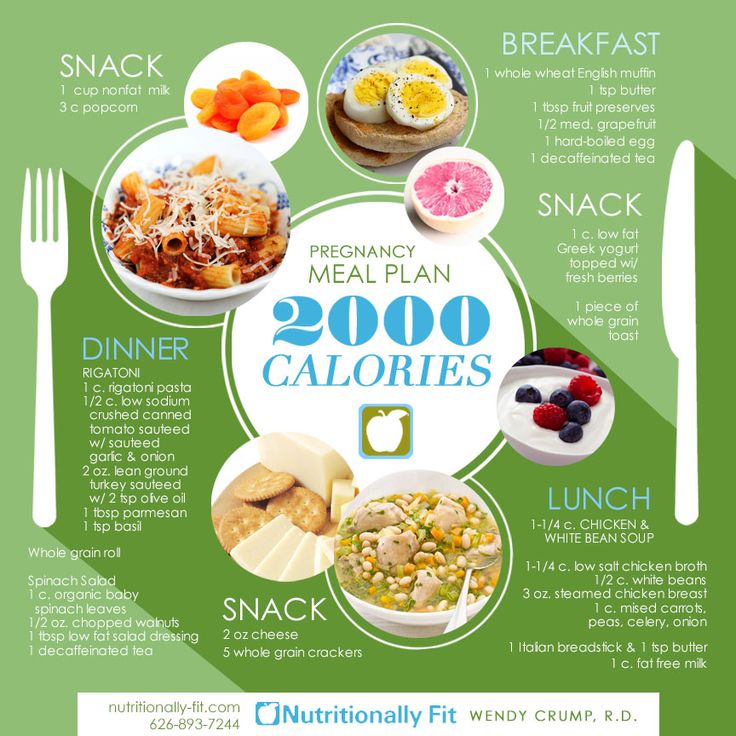 If you are still bothered by nausea, try to eat five small meals a day. nine0003
If you are still bothered by nausea, try to eat five small meals a day. nine0003
2) Do not eat on the run. Try to eat slowly, sitting at the table and chewing your food properly. We need at least 20 minutes to feel full and not overeat.
3) Don't let yourself get hungry. If you take long breaks between meals, then you can not avoid the "attacks" of severe hunger, during which half the refrigerator is easily swept away. Always keep fruit, yogurt, nuts or cherry tomatoes ready. This will help to keep from impulsive cake and other harmful excesses. nine0003
RULE THREE
Avoid hazardous products.
Alcohol is not the only prohibition in the diet of a future mother. There are a number of products that can be contaminated with microorganisms that are dangerous for the development of the fetus.
1) Forget pates, meat carpaccio and jamon, as well as raw milk and cheeses based on it - all of these can contain listeria.
2) Thoroughly wash fruits and vegetables that you eat raw with special detergents. Even better, if you can get rid of the skin, you can safely eat them without fear of harmful bacteria like Toxoplasma or Listeria. nine0003
Even better, if you can get rid of the skin, you can safely eat them without fear of harmful bacteria like Toxoplasma or Listeria. nine0003
3) Keep the meat well cooked to avoid the risk of toxoplasmosis. During pregnancy, refrain from sushi and other seafood that has not undergone heat treatment, as well as dishes containing raw eggs - this will help not be afraid of salmonella.
4) Increase safety precautions. Be sure to wash your hands after touching raw food, and use special products for washing plates, cutlery and the refrigerator.
Experts unanimously say that a balanced diet during pregnancy is the main condition for the well-being of the mother and the harmonious development of the fetus. It is important to remember that the body of a pregnant woman is perfectly able to cope with the important task of raising a child, but it needs to supply nutrients and trace elements in a timely and uninterrupted manner. The common myth that a pregnant woman should eat for two has long been debunked.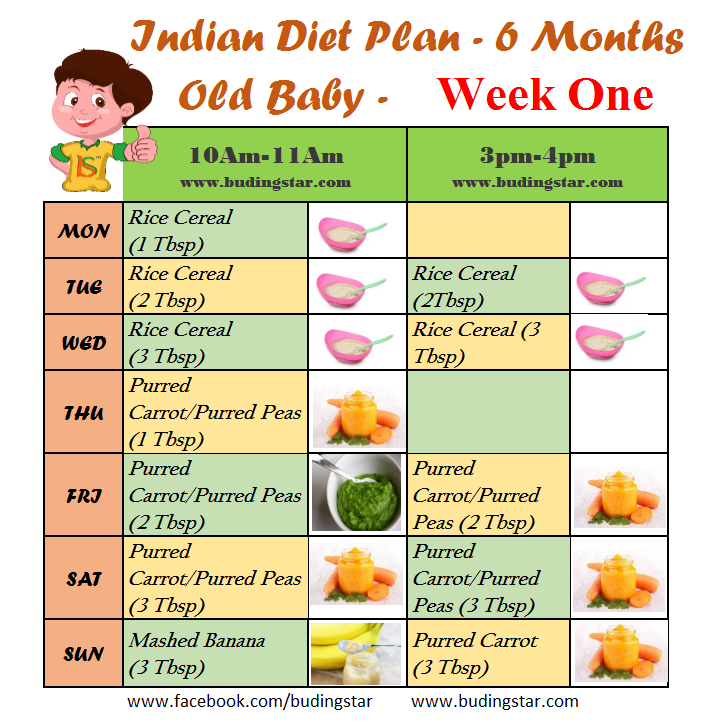 The energy value of the food consumed should correspond to the costs of the body. Very often, expectant mothers overeat, while their physical activity decreases. You do not need to eat for the future, because an excess of nutrients can lead to a change in the metabolism and function of the endocrine glands of the fetus, which means that the development of its internal organs and systems will be disrupted. nine0003
The energy value of the food consumed should correspond to the costs of the body. Very often, expectant mothers overeat, while their physical activity decreases. You do not need to eat for the future, because an excess of nutrients can lead to a change in the metabolism and function of the endocrine glands of the fetus, which means that the development of its internal organs and systems will be disrupted. nine0003
On the contrary, malnutrition can also negatively affect the baby - a deficiency of amino acids, vitamins, minerals and polyunsaturated fatty acids disrupts the metabolic system, which can lead to early miscarriages, impaired intrauterine development of the fetus, as well as an increased risk of various diseases in children. In the first half of pregnancy, doctors recommend adhering to four meals a day, and in the second half, switch to a more fractional, 5-6 meals a day. Throughout pregnancy, foods in the diet should be distributed in such a way that meat, fish, cereals are included in breakfast, lunch and dinner. For dinner, it is recommended to give preference to dairy and vegetable foods, and it is advisable to eat dinner no later than 2-3 hours before bedtime. In pregnancy that occurs with complications, as well as accompanied by any diseases, allergies or excessive weight gain, the individual diet must be adjusted with the doctor in the antenatal clinic. nine0003
For dinner, it is recommended to give preference to dairy and vegetable foods, and it is advisable to eat dinner no later than 2-3 hours before bedtime. In pregnancy that occurs with complications, as well as accompanied by any diseases, allergies or excessive weight gain, the individual diet must be adjusted with the doctor in the antenatal clinic. nine0003
In some cases (for example, with late toxicosis), you may be recommended a special diet or fasting days, during which mononutrition is observed, for example, apple and kefir days. Remember that such food is not complete in terms of microelements, vitamins and energy value, so it is prescribed no more than once a week. Perhaps the main criterion for assessing the eating behavior of a pregnant woman is weight gain, which normally ranges from 8 to 15 kg for all nine months of pregnancy (300-350 g per week in the second half). nine0003
In the first half of pregnancy, a woman's diet should not differ much from her usual one, if you are already a supporter of a healthy diet.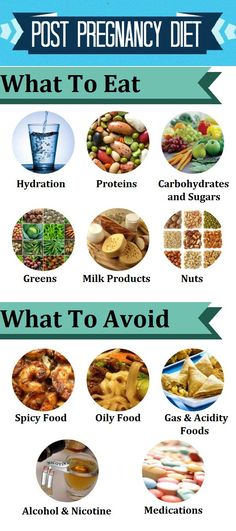 The expectant mother should carefully consider the diet, because during this period all the organs and systems of the fetus are formed - a woman should regularly receive proteins, fats, carbohydrates, vitamins, minerals and trace elements in the right amount. The daily requirement for building materials during this period: 110 g of protein, 75 g of fat and 350 g of carbohydrates with a total energy value of 2400-2700 kcal. This ratio is fully consistent with the needs of the body of a pregnant woman. Almost all expectant mothers change food habits and taste whims unexpected for women arise: someone suddenly starts dreaming about pickles (this pregnancy test is sometimes more revealing than any pharmacy tests), someone is ready to eat cottage cheese in the morning, afternoon and evening , and someone even dreams of sauerkraut at night. It is necessary to listen to the requests of the body, even the most unexpected ones, and satisfy them - without abuse, of course. By the way, if during pregnancy you suddenly discover that you have an appetite for chalk (or other food oddities), then this body “shouts” to you about a lack of iron - consult your doctor to rule out anemia.
The expectant mother should carefully consider the diet, because during this period all the organs and systems of the fetus are formed - a woman should regularly receive proteins, fats, carbohydrates, vitamins, minerals and trace elements in the right amount. The daily requirement for building materials during this period: 110 g of protein, 75 g of fat and 350 g of carbohydrates with a total energy value of 2400-2700 kcal. This ratio is fully consistent with the needs of the body of a pregnant woman. Almost all expectant mothers change food habits and taste whims unexpected for women arise: someone suddenly starts dreaming about pickles (this pregnancy test is sometimes more revealing than any pharmacy tests), someone is ready to eat cottage cheese in the morning, afternoon and evening , and someone even dreams of sauerkraut at night. It is necessary to listen to the requests of the body, even the most unexpected ones, and satisfy them - without abuse, of course. By the way, if during pregnancy you suddenly discover that you have an appetite for chalk (or other food oddities), then this body “shouts” to you about a lack of iron - consult your doctor to rule out anemia.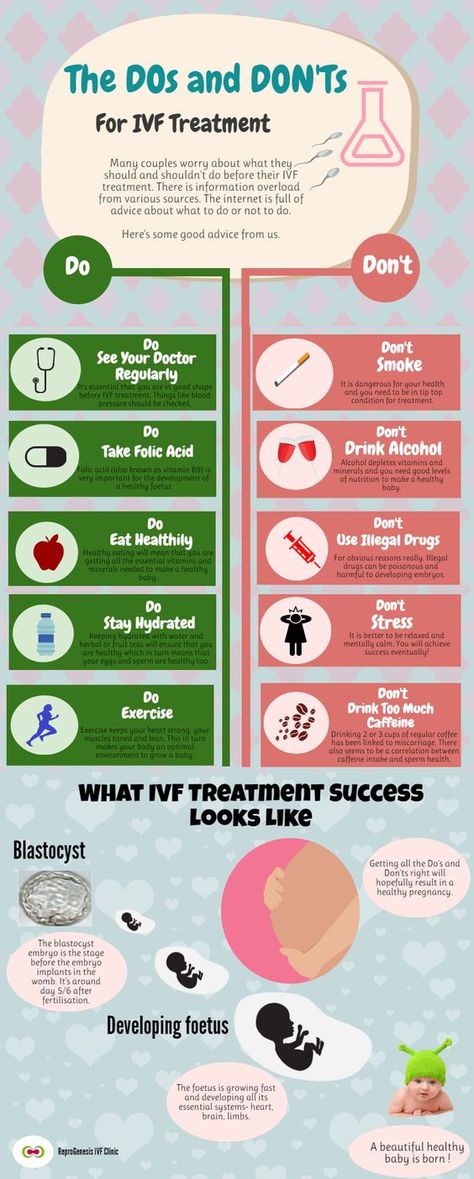 nine0003
nine0003
In the second half of pregnancy, the amount of protein in the diet already increases to 120 g, fat - up to 85 g, and carbohydrates - up to 400 g. The total energy value of the diet should now be 2800-3000 kcal. After going on maternity leave, when, as a rule, physical and mental activity decreases, it is recommended to reduce the calorie content of the daily menu. A dairy-vegetarian diet should be preferred, but proteins should not be completely forgotten. The growth of the uterus, placenta, mammary glands and an increase in blood volume require additional proteins from the female body. During this period, the share of animal protein in the diet should be 50%, of which - about 25% due to meat (120-200g) or fish (150-250g), 20% due to milk (500g) and up to 5% - due to eggs (1 pc.). Low-fat cottage cheese, milk and dairy products like kefir and yogurt, boiled lean meat and fish are a rich source of complete and easily digestible proteins, as well as essential amino acids. nine0003
FATS
As for fats in the diet of a future mother, out of 75-85 g of the recommended amount, 15-30 g should be vegetable oils (sunflower, corn, olive), containing fatty acids and vitamin E.
CARBOHYDRATES
Doctors have long proven the dependence of the mass of the fetus on the amount of carbohydrates in the diet of a pregnant woman. The norm of 350-400 g of carbohydrates should be supplied to the body through foods rich in vegetable fiber - whole grain bread, cereals, vegetables, fruits and berries. nine0003
SUGAR
It is very important in the second half of pregnancy to reduce the consumption of confectionery, jams and sweets, as all these sweets increase the weight of the pregnant woman and the weight of the fetus. The amount of sugar should be no more than 40-50 g per day.
VITAMINS
The need for vitamins in pregnant women doubles. A balanced diet should consist of vegetable products (cereals, vegetables, fruits, legumes, wholemeal flour products) and animal products (milk, butter, liver, meat, eggs, cottage cheese) - thus, the body will receive the necessary amount of vitamins and trace elements, so you do not need to take vitamins in tablets. nine0003
nine0003
IRON
You should also pay attention to the regular presence of iron-rich foods in the diet - the daily norm of this valuable element during pregnancy is 15-20 mg. Iron is found in the liver, green apples, buckwheat, oatmeal, egg yolk and greens.
SALT
In addition, depending on the trimester, you need to control the amount of salt in the diet to avoid swelling. In the first trimester, 10-12 g of table salt is allowed, in the second - up to 8 mg, and in the last two months - up to 5 g per day. nine0003
LIQUID
The fluid requirement of pregnant women is 2-2.5 liters. Most of this volume is contained in products, so the liquid itself should be 1-1.2 liters (water, tea, milk, compotes, soups). In the last weeks of pregnancy, especially with a tendency to edema, the amount of fluid is reduced to four glasses.
Breakfast - the very first meal of the day, is extremely important for the well-being and skin condition of the expectant mother.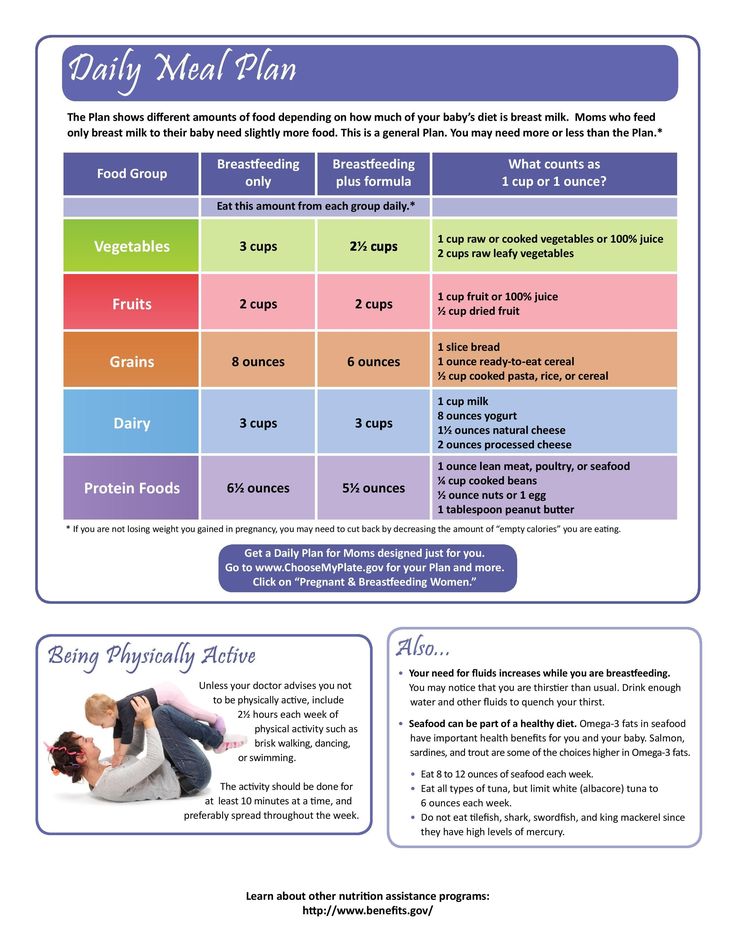 It is advisable to adhere to the established diet, that is, have breakfast the first time, for example, at 8 am, and the second time at 11.
It is advisable to adhere to the established diet, that is, have breakfast the first time, for example, at 8 am, and the second time at 11.
Already in the first trimester, it is necessary to make a diet in such a way that the main load falls on the first half of the day. Breakfast should take about 30% of the daily diet, and second breakfast - 15%. True, nutrition experts are still arguing which breakfast should be lighter: the first or the second. Therefore, every woman has the right to focus on her feelings herself - the body will tell you which order suits you personally. The first trimester of pregnancy for many women becomes very difficult in terms of breakfast, and few people enjoy the thought of eating after waking up. However, it is the right breakfast that can help to cope with toxicosis and set the body to work efficiently throughout the day. First, drink a glass of water. With toxicosis, you should not immediately get out of bed. The horizontal position and small portions will save you not only from morning sickness, but also from heartburn, constipation, heaviness in the stomach - frequent “side effects” of any pregnancy.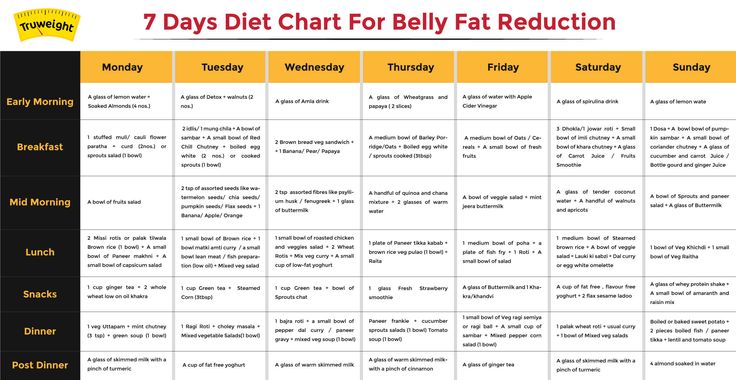 To avoid unpleasant symptoms of toxicosis, experts recommend abstaining from meat and milk during breakfast, while fermented milk products are quite acceptable. nine0003
To avoid unpleasant symptoms of toxicosis, experts recommend abstaining from meat and milk during breakfast, while fermented milk products are quite acceptable. nine0003
Menu options
The main thing in the breakfasts of the first trimester is to choose easily digestible foods: cereals on the water, muesli, low-fat cottage cheese with a banana. The second breakfast can already be more serious: scrambled eggs, salad with boiled chicken breast, whole grain toast with cheese and avocado.
The three best breakfasts of the first trimester:
1. Oatmeal with water with apple and cinnamon
Oatmeal is not for nothing called “beauty porridge”, because it is a valuable source of vitamins A, B, C, PP, E, as well as magnesium, phosphorus, fluorine, calcium, potassium, nickel and other important minerals and nutrients. This porridge cleanses the skin and has a beneficial effect on complexion. Due to the large amount of natural fiber contained in oatmeal, it improves the functioning of the stomach and intestines.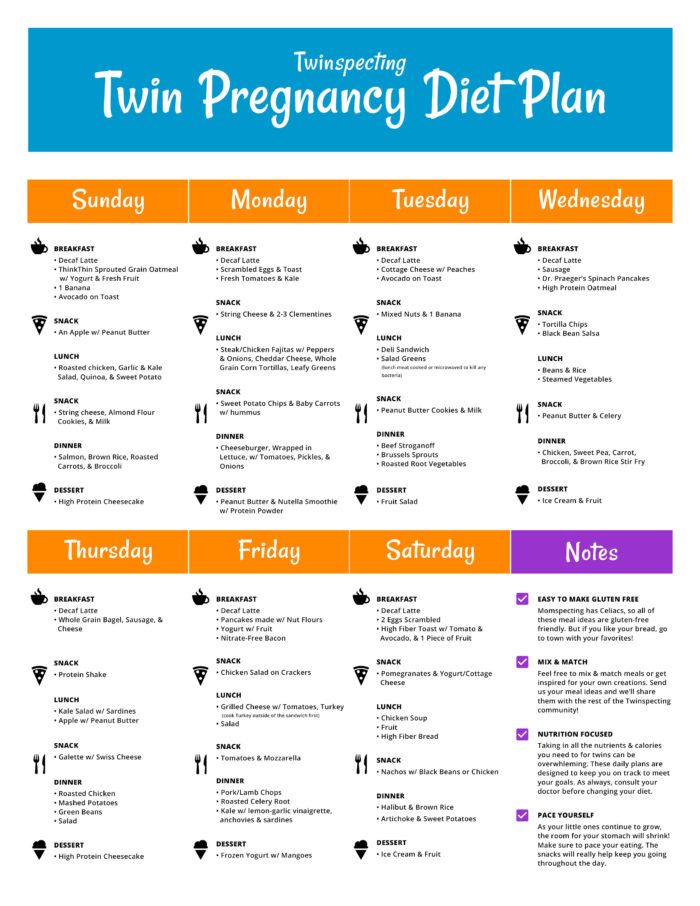 nine0003
nine0003
2. Muesli with yogurt
Proper muesli contains a lot of useful properties: corn flakes contain vitamins A and E, rice flakes contain amino acids, wheat, oat and rye muesli contains potassium, iron and phosphorus. Complex carbohydrates in the composition of cereals help the gastrointestinal tract, prevent constipation and inflammatory processes in the intestines. Yogurt is also good for bowel function - it contains beneficial bacteria.
3. Low-fat cottage cheese with banana
Cottage cheese as a source of calcium is important throughout pregnancy. In addition to fiber, a banana contains an abundance of potassium and magnesium - microelements vital for the cardiovascular system. They nourish and saturate the brain cells with oxygen, and also normalize the water-salt balance. In addition, B vitamins help to quickly get rid of fatigue and nervous tension, and iron has a positive effect on hemoglobin. nine0003
In the second and third trimesters, expectant mothers should continue to eat frequent, but not too bulky meals.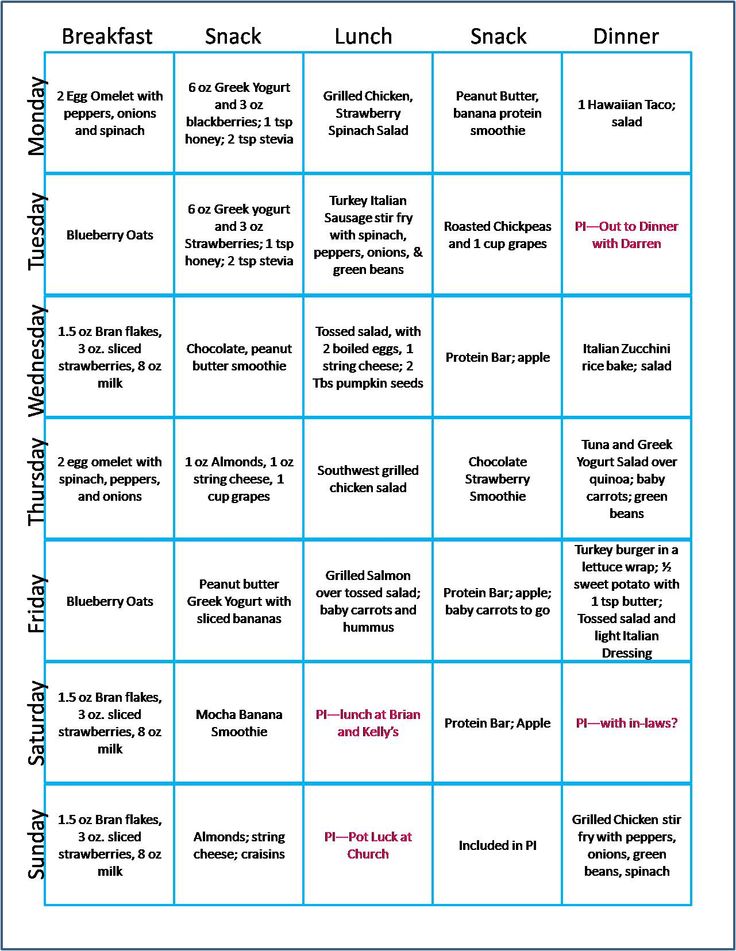 Remember that full nutritious breakfasts during pregnancy will save your figure from a lot of weight gain and cheer you up for the whole day. During this period of pregnancy for breakfast, you need to choose foods with a low glycemic index. A proper second and third trimester breakfast consists of cereal, scrambled eggs and a vegetable smoothie or freshly squeezed juice mixed with water (apples and other low-sugar fruits) - these drinks contain vitamins and improve bowel function. nine0003
Remember that full nutritious breakfasts during pregnancy will save your figure from a lot of weight gain and cheer you up for the whole day. During this period of pregnancy for breakfast, you need to choose foods with a low glycemic index. A proper second and third trimester breakfast consists of cereal, scrambled eggs and a vegetable smoothie or freshly squeezed juice mixed with water (apples and other low-sugar fruits) - these drinks contain vitamins and improve bowel function. nine0003
Three best breakfasts of the second/third trimester:
1. Millet porridge
Millet is rich in vitamins D (which means it strengthens hair and nails), A, B1, B2, B5 and PP. In addition, it contains natural fiber, potassium, several types of starches and amino acids. Porridge improves metabolism, the work of the gastrointestinal tract and the cardiovascular system.
2. Omelet
Eggs are valuable for pregnant women, especially for protein. In one egg it is 8-10 g. In addition, they contain folic acid and important minerals such as calcium, magnesium, zinc, iodine, iron and phosphorus.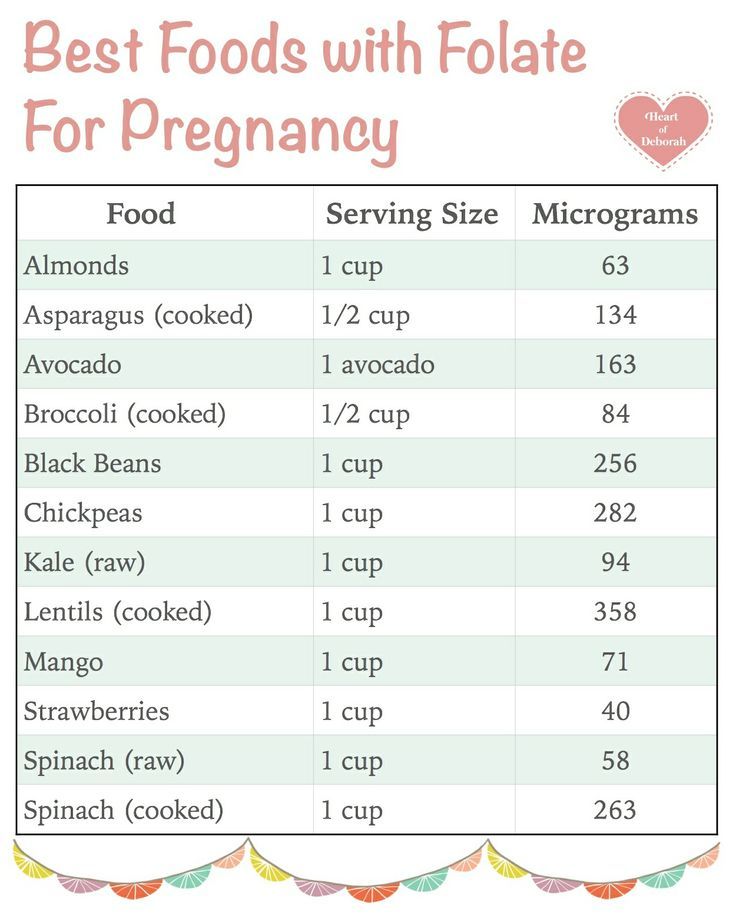 Eggs are a storehouse of vitamins A, B2, B3, B6, D.
Eggs are a storehouse of vitamins A, B2, B3, B6, D.
3. Fruit and vegetable smoothie
Blend carrot juice (150 ml), apple juice (75 ml), fresh spinach (125 g), cucumber (½), apple (1), leaves in a blender basil (10 g) - such a vitamin cocktail will be a great start to the day.
Lunch during the entire pregnancy should account for the bulk of the daily diet - about 40%. During the day, food is better absorbed, besides, a hearty lunch will make it possible to get by with a light dinner, which means that you will be able to avoid feelings of heaviness in the stomach, excess weight and sleep problems. Doctors recommend strictly observing the diet and having lunch at 14.00 - 15.00. For lunch, it is best to eat foods rich in protein - fish, eggs, lean meats. They give your body and the growing fetus the necessary building material. Also, in addition to meat, at any time, you need to focus on fresh vegetables and fruits, as well as complex carbohydrates. As for the method of heat treatment of dishes, it is best to steam or bake in the oven.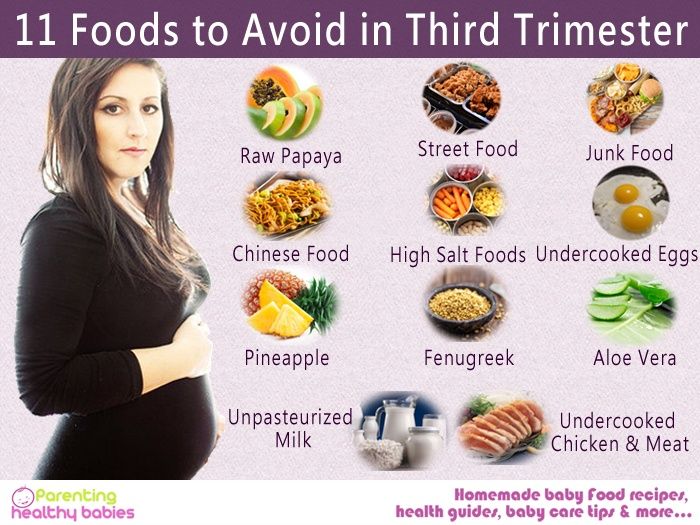 Stewed and boiled foods are less healthy, and the most undesirable way to prepare food during pregnancy is frying. nine0003
Stewed and boiled foods are less healthy, and the most undesirable way to prepare food during pregnancy is frying. nine0003
The standard dietary recommendations for all nine months should be ignored only in the last trimester - at this time it is important to limit the consumption of meat, eggs and wheat bread. It is better to shift the emphasis on the menu to vegetables, herbs, fruits, dairy and whole grains. In the last two to three weeks before childbirth, doctors recommend completely eliminating meat, eggs, dairy and sour-milk products from the diet. An excess of calcium can lead to difficulty in the passage of the child through the birth canal, and also increase the risk of early closure of the fontanel in the fetus, which can greatly complicate childbirth. nine0003
Here is a sample menu of healthy and tasty meals for the week:
Monday: Fish hodgepodge (fish contains polyunsaturated fatty acids essential for the heart, brain and skin condition, as well as vitamins A, B, E and D), vegetable salad (vegetables are rich in vitamins and fiber, which improves the functioning of the gastrointestinal tract).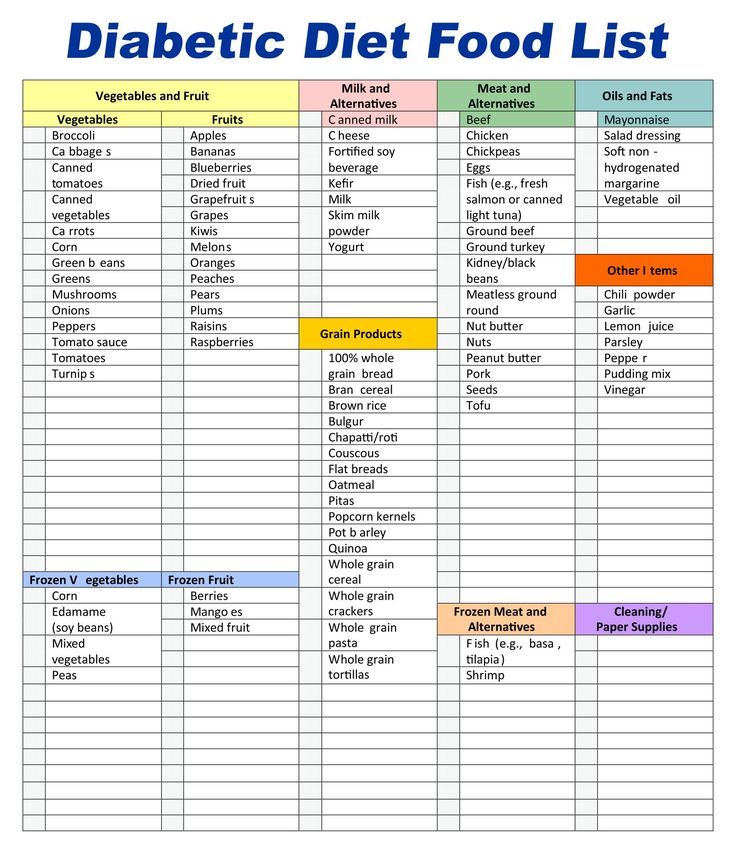
Tuesday: Lentil soup (lentils are a rich source of vegetable protein), seaweed salad (contains iodine important for a healthy pregnancy) with egg. nine0003
Wednesday: Broccoli soup (this cabbage is indispensable in terms of protein, beta-carotene, as well as a lot of important trace elements such as iron, zinc, magnesium and calcium) and green peas (with it the body will receive protein, vitamin C, folic acid, potassium, calcium, phosphorus, iodine and iron) meat patties (protein) with bulgur (contains vitamins A and B, as well as folic acid, magnesium, calcium, zinc and iron).
Thursday: Chicken soup, vegetable salad with feta (lunch combining protein, fiber, calcium)
Friday: Rassolnik with beef (protein and fiber), buckwheat (a rich source of iron, folic acid and lysine protein) with oil (olive or walnut)
Saturday: Mushroom cream soup (protein, lecithin, antioxidants) boiled fish (fish contains Omega-3 polyunsaturated fatty acids, as well as protein, iodine, phosphorus and vitamin D) with potatoes and vegetable salad (fiber, vitamins).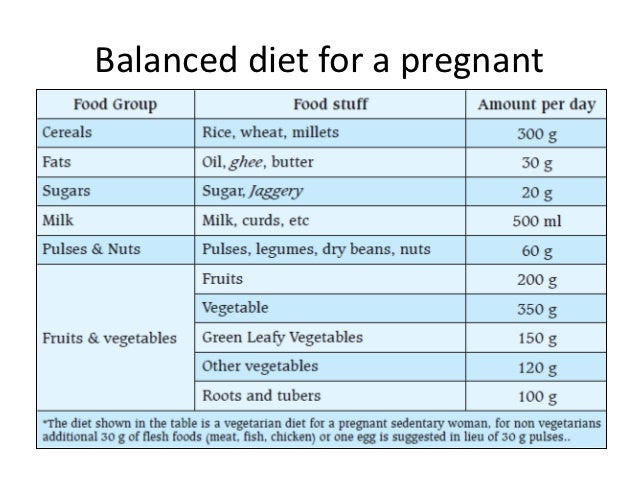
Sunday: Sorrel soup (a source of vitamins C and B1, carotene, iron, phosphorus, fluorine) with egg and sour cream, boiled chicken with vegetables (protein, vitamins, fiber). nine0003
The most important thing to know about dinner during pregnancy is that it should be light and filling at the same time. Light because it will avoid heartburn and feelings of heaviness that can lead to insomnia. And hearty, because, ideally, dinner should be the last meal of the day. Late snacking will not benefit you or your unborn baby, and besides, it is the nightly raids on the refrigerator that usually lead to overweight. Dinner should account for approximately 25-30% of the main volume of the daily diet. nine0003
Nutritionists advise pregnant women to have dinner before 7:00 pm so that the body has time to digest food before going to bed. It is best to give up foods that cause fermentation (for example, grapes, milk, legumes, cabbage, fresh apples, etc.) and use stewing, boiling or steaming as a way to heat food.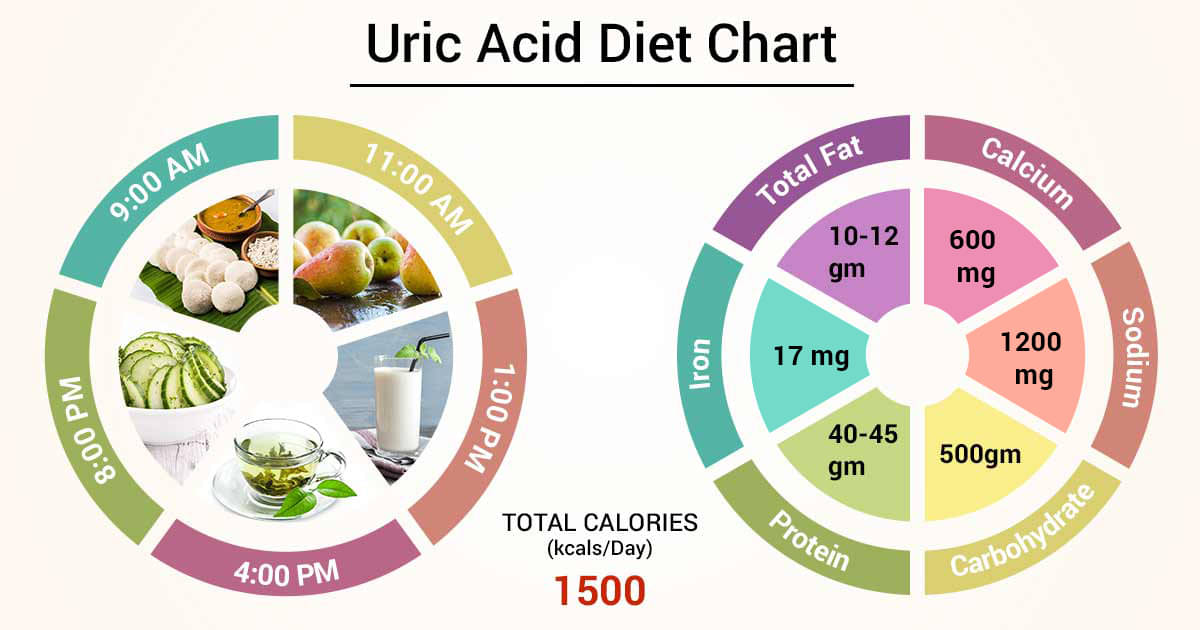
In the first trimester, it is important to eat a full and varied diet: vegetables, fruits, meat, fish, seafood, greens, etc. In the second trimester, you should gradually reduce the intake of carbohydrates (bread, flour products, sweets) and liquids. This is especially true for dinner, as excess water in the evening can lead to puffiness in the morning. And of course, you should not end your dinner with a cup of strong coffee. In addition to the well-known stimulating effect, coffee interferes with the absorption of calcium, which is important for the formation of the fetus. In the third trimester, dinner should be treated especially carefully. It is best to reduce meat consumption by 2-3 times or refuse it altogether. This also applies to rich meat broths (they impair liver function), eggs, mushrooms and confectionery. It is best to give preference to fish and seasonal vegetables and fruits. nine0003
A sample menu of healthy and tasty dinners for a week might look like this:
Monday: salmon steak (salmon is an indispensable source of omega-3 fatty acids, potassium phosphorus, and vitamins B1 and PP) with young potatoes in their skins (potatoes are rich in folic acid, vitamin C and potassium, which is important for the functioning of the cardiovascular system).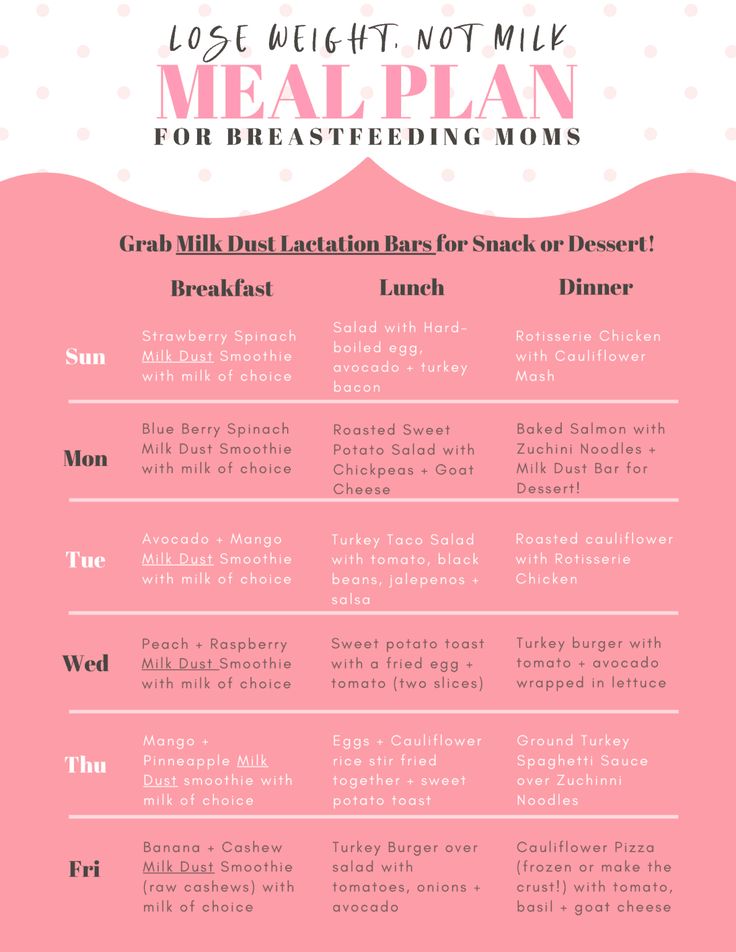
 5 cup Mutton biryani + Cucumber onion Raita (½ cup)
5 cup Mutton biryani + Cucumber onion Raita (½ cup)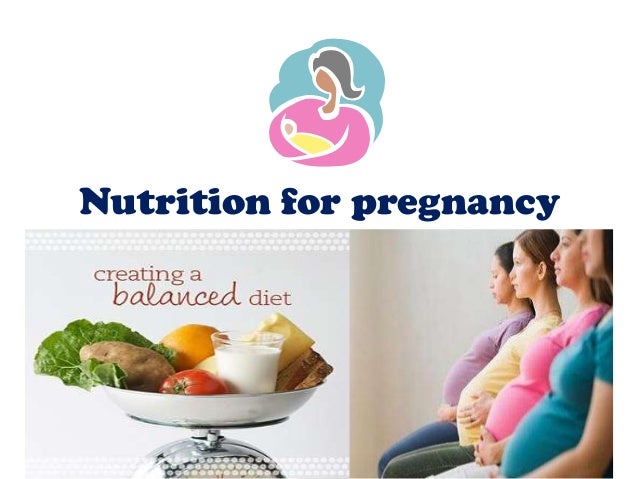 5 cup rice, 1 piece mutton + 1 bowl masoor daal
5 cup rice, 1 piece mutton + 1 bowl masoor daal

